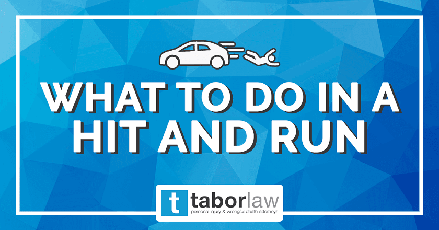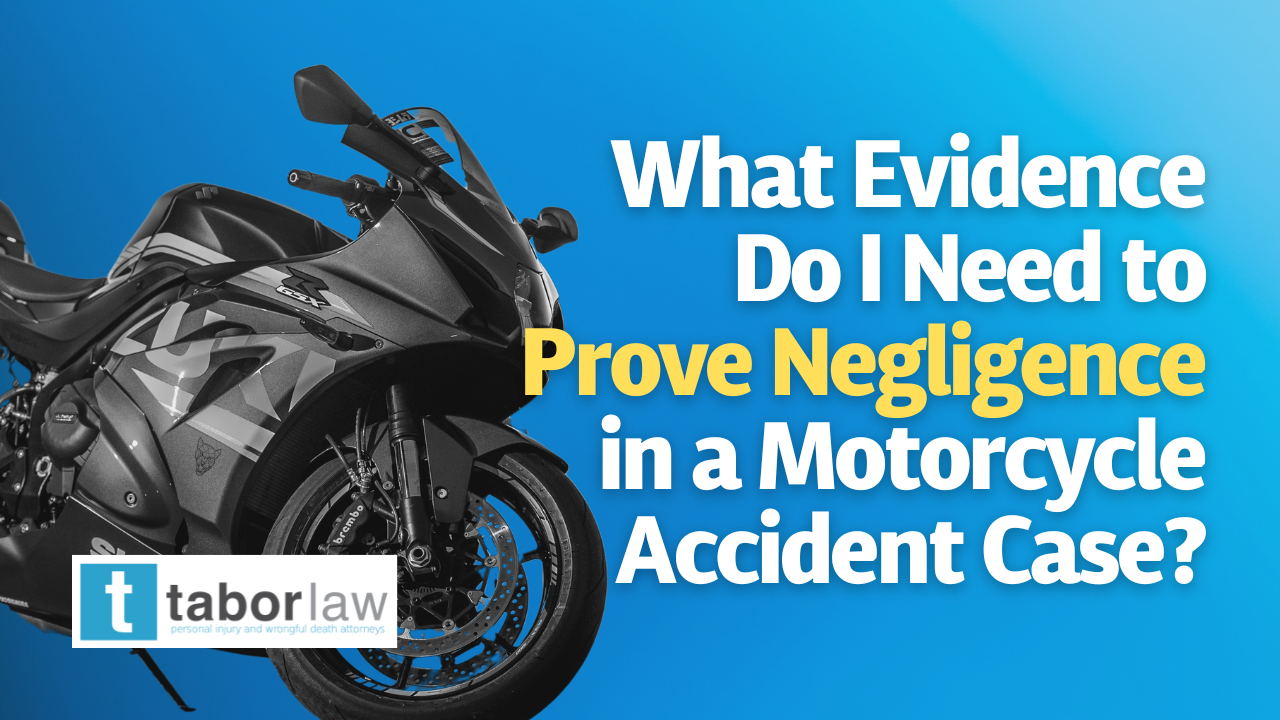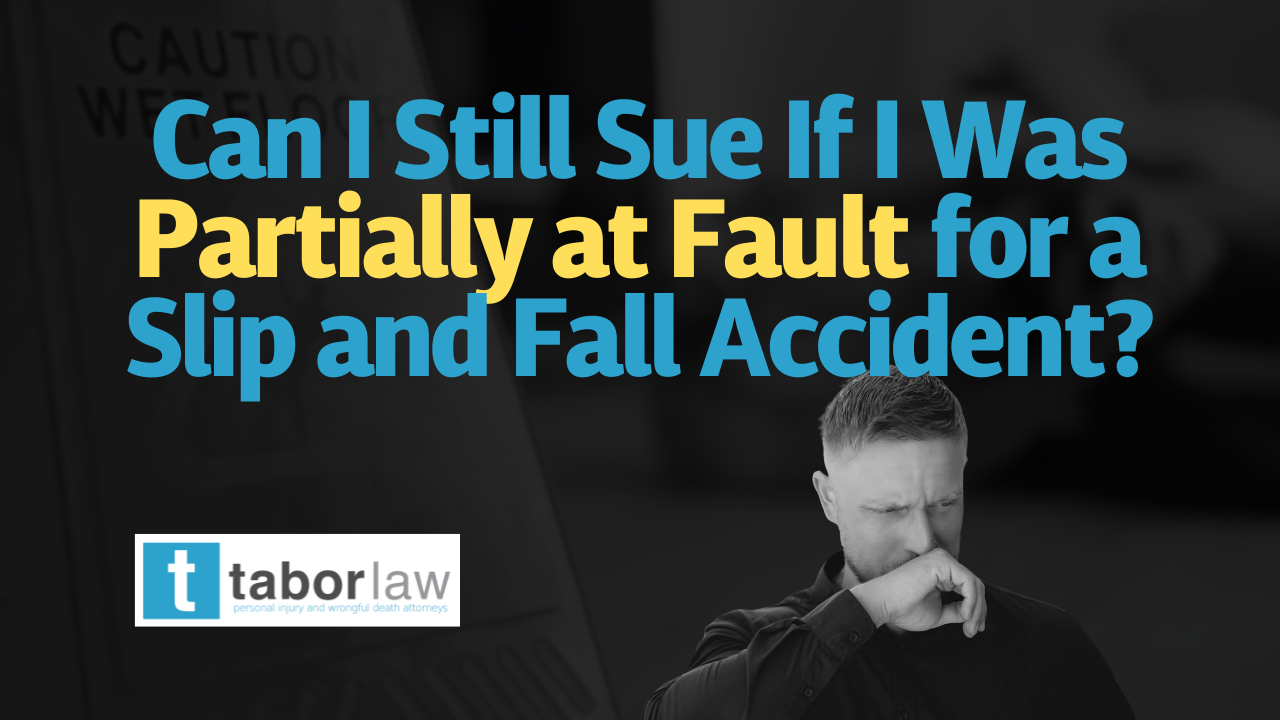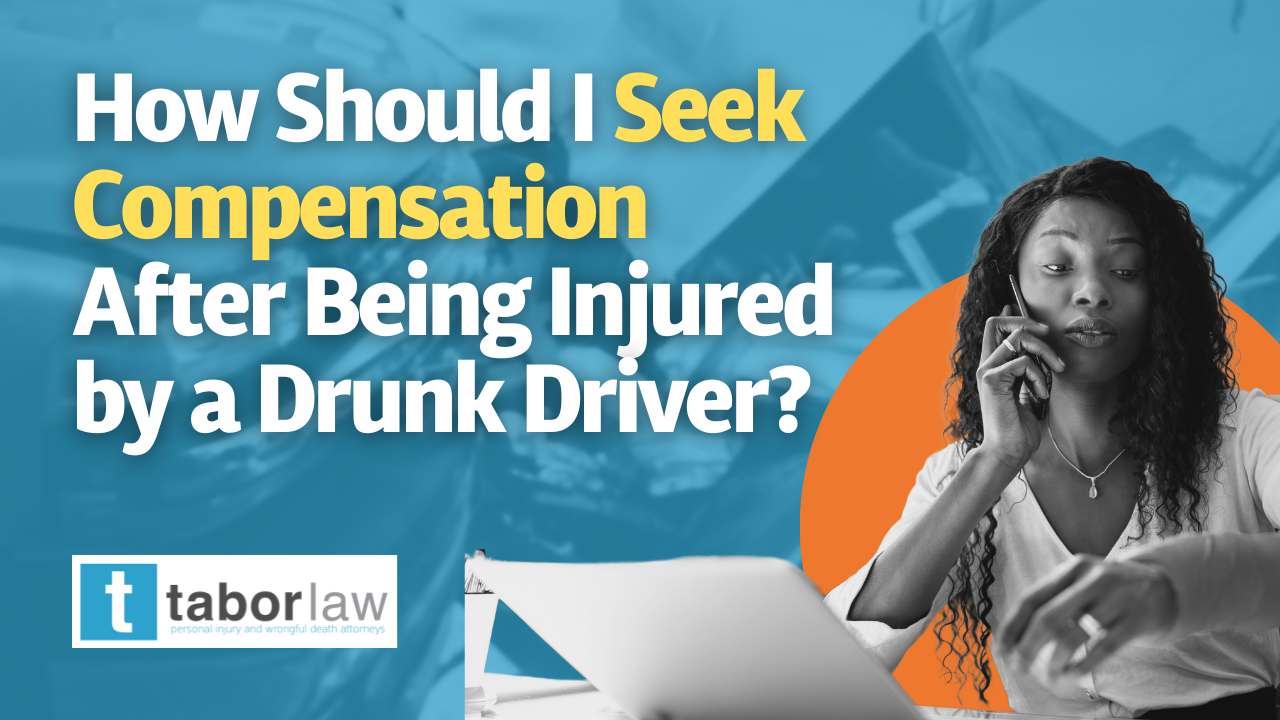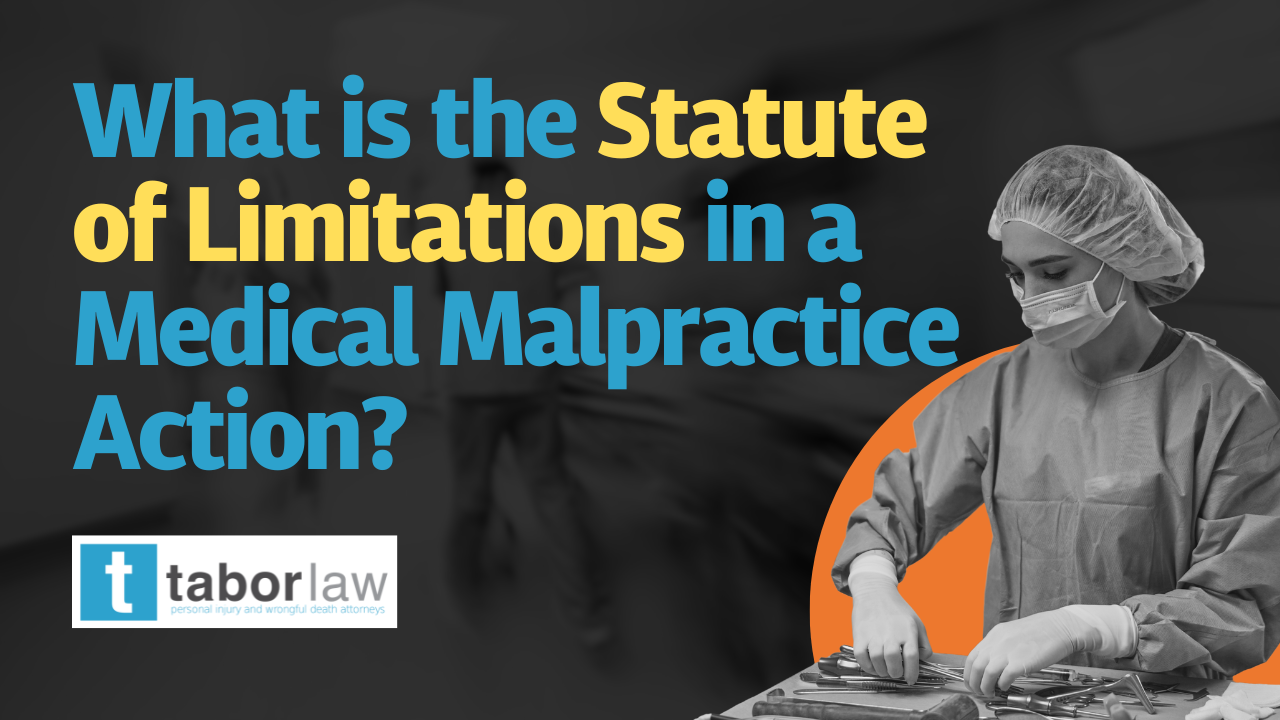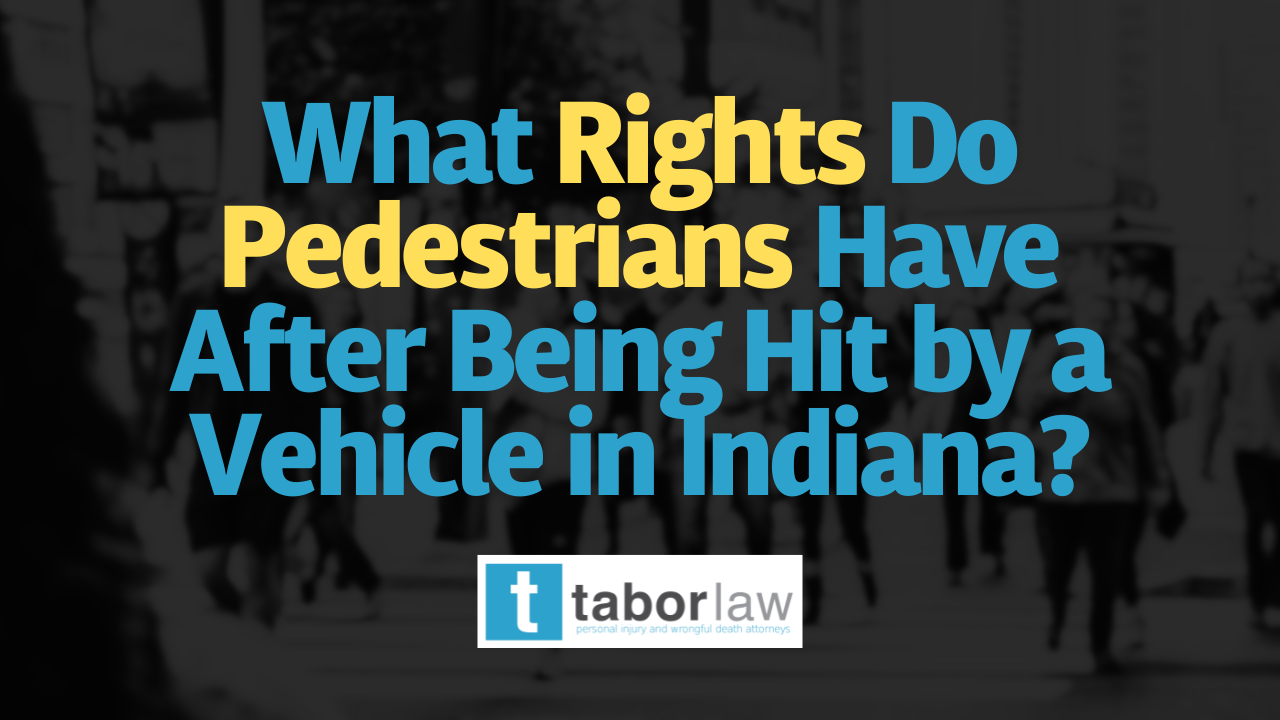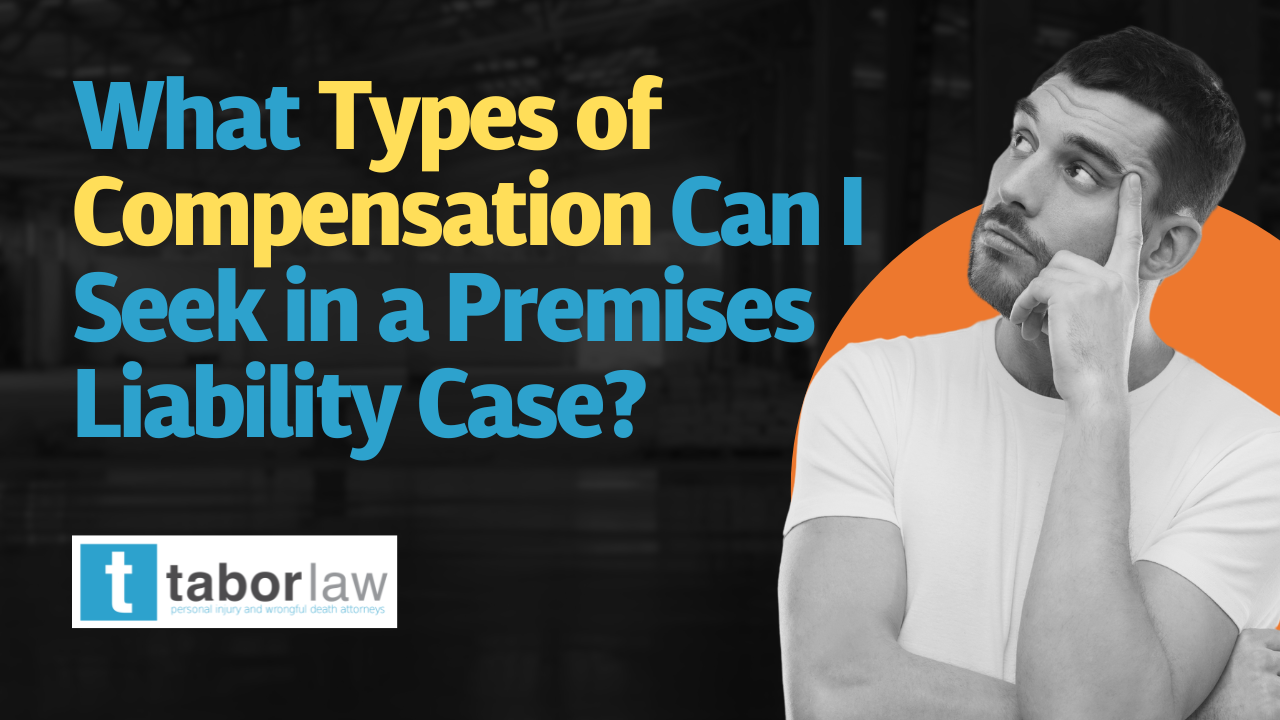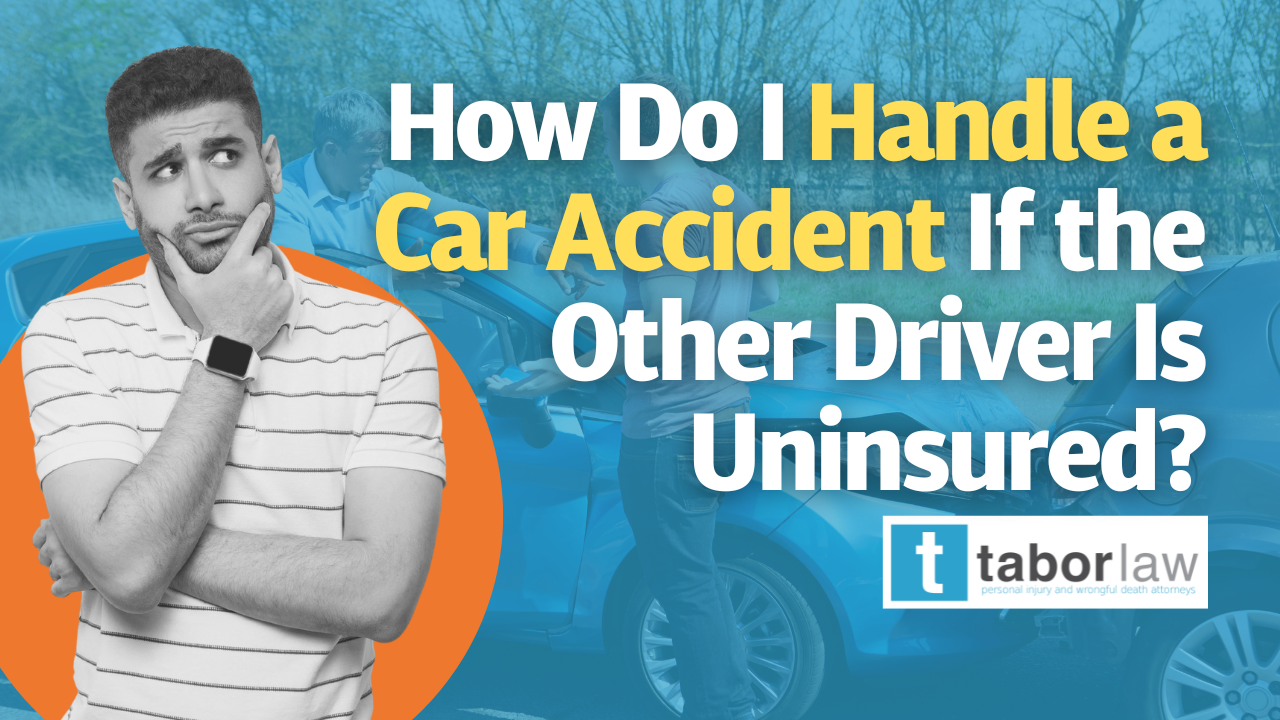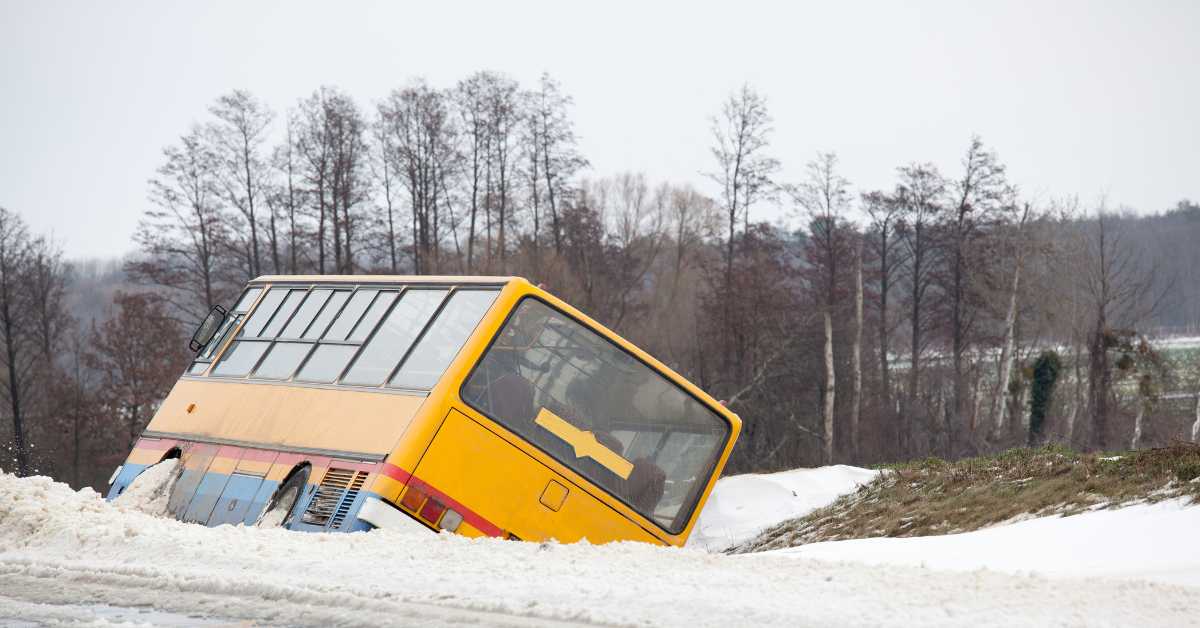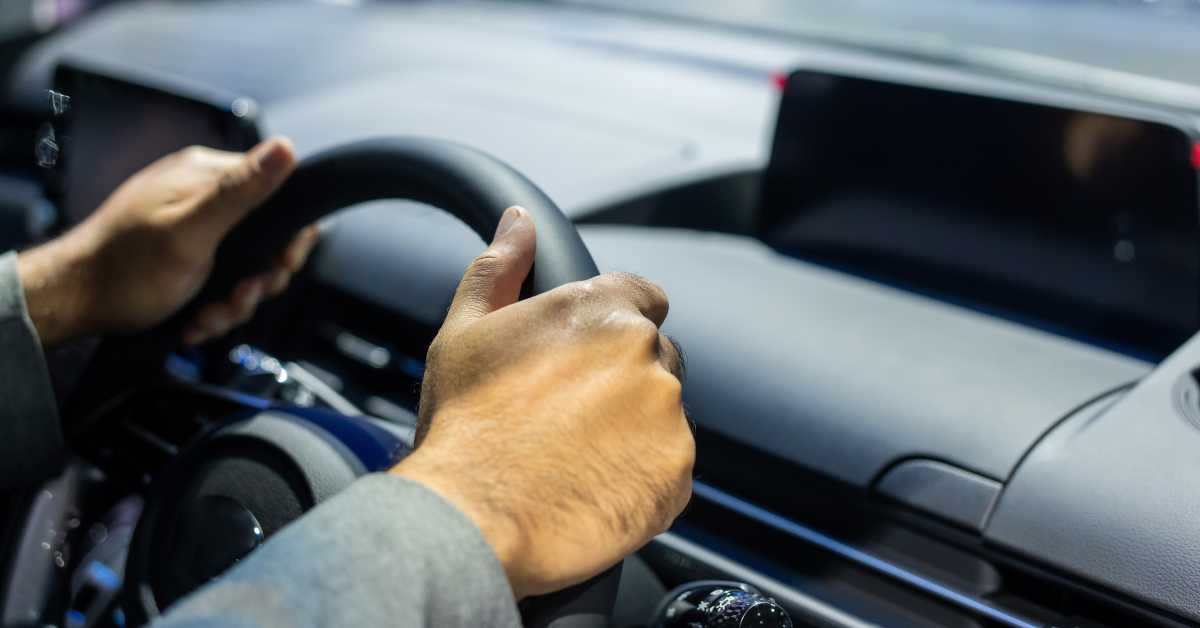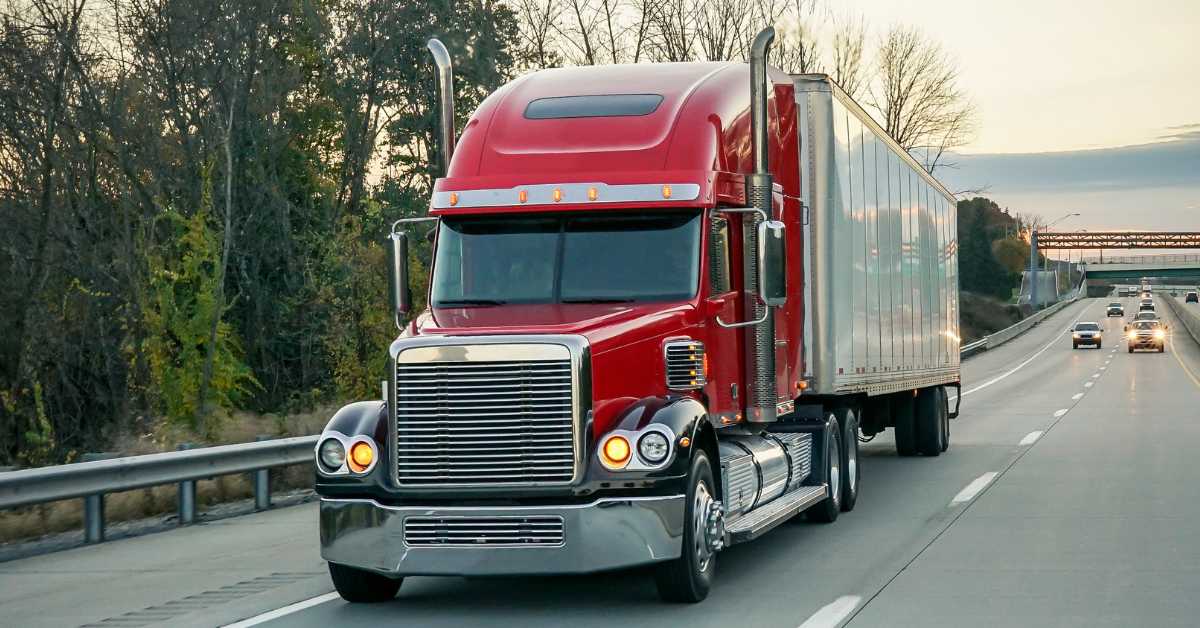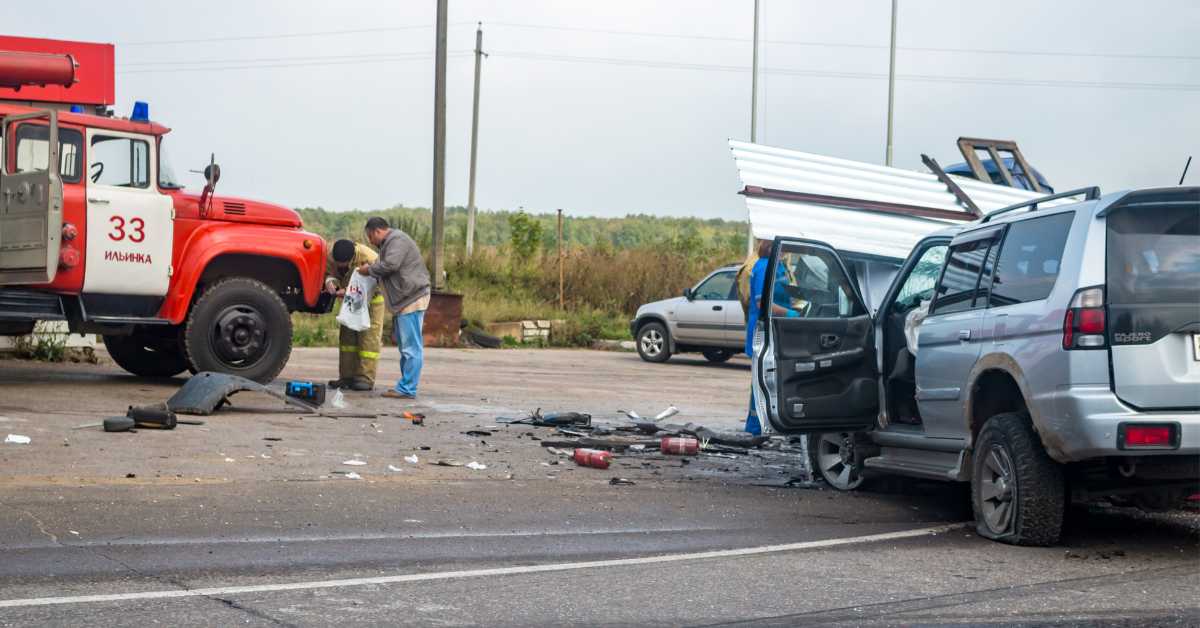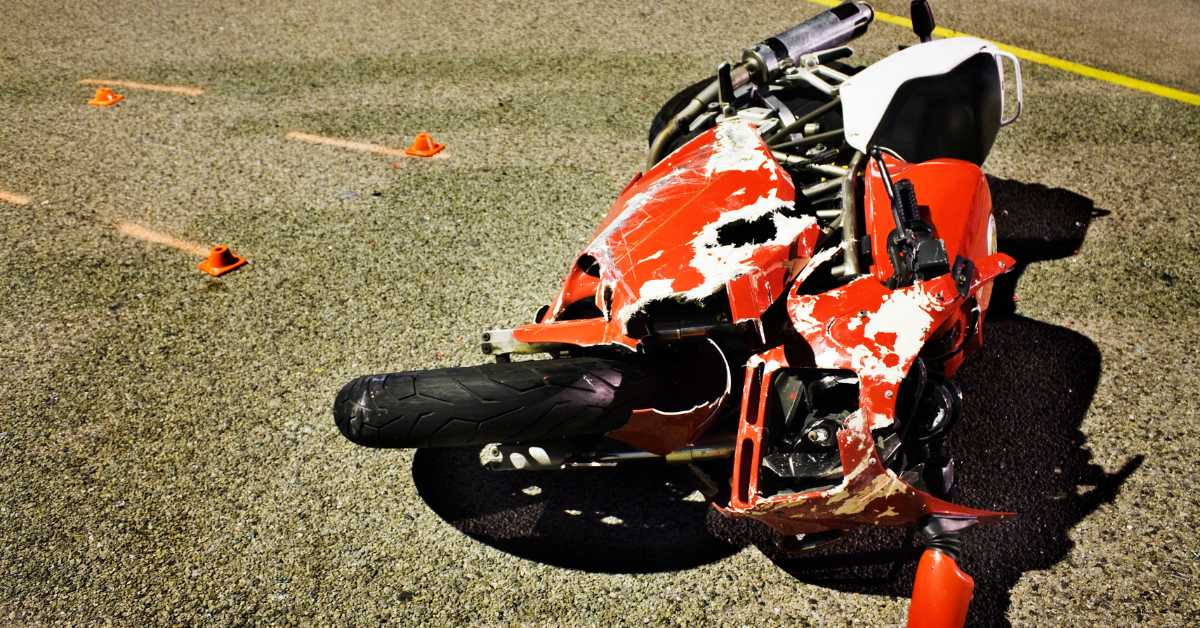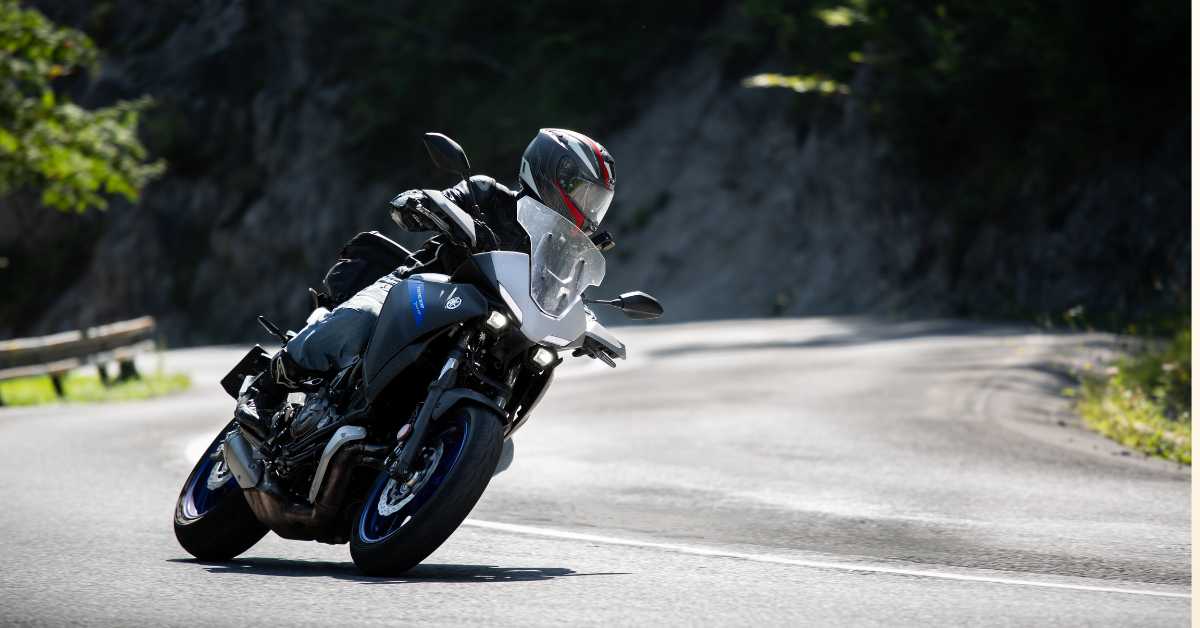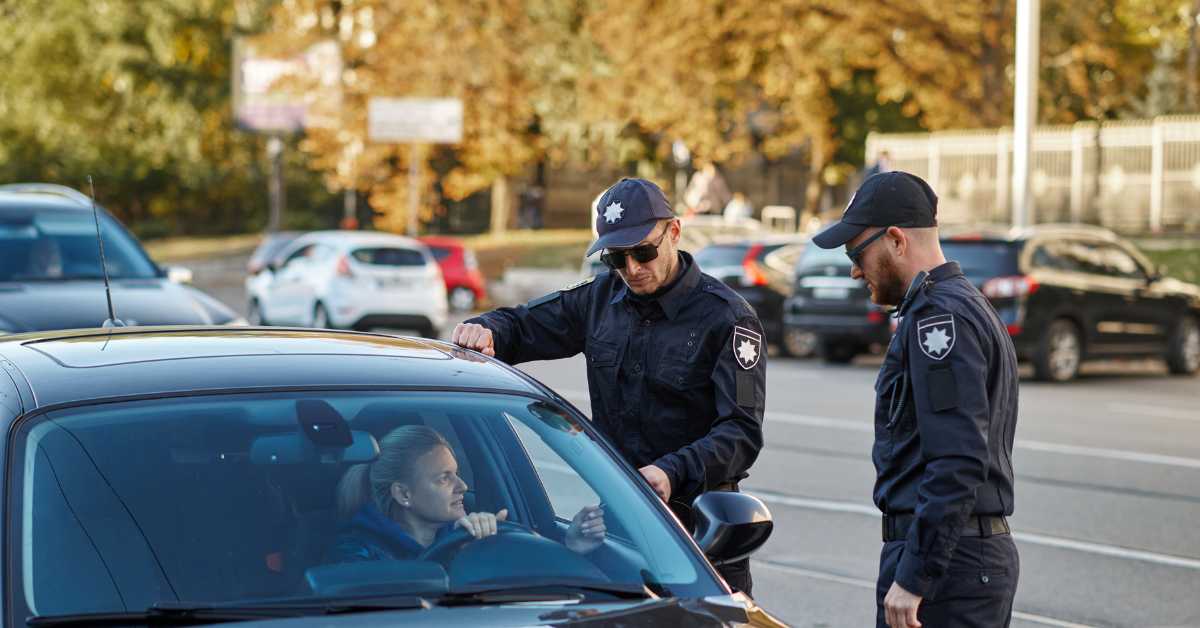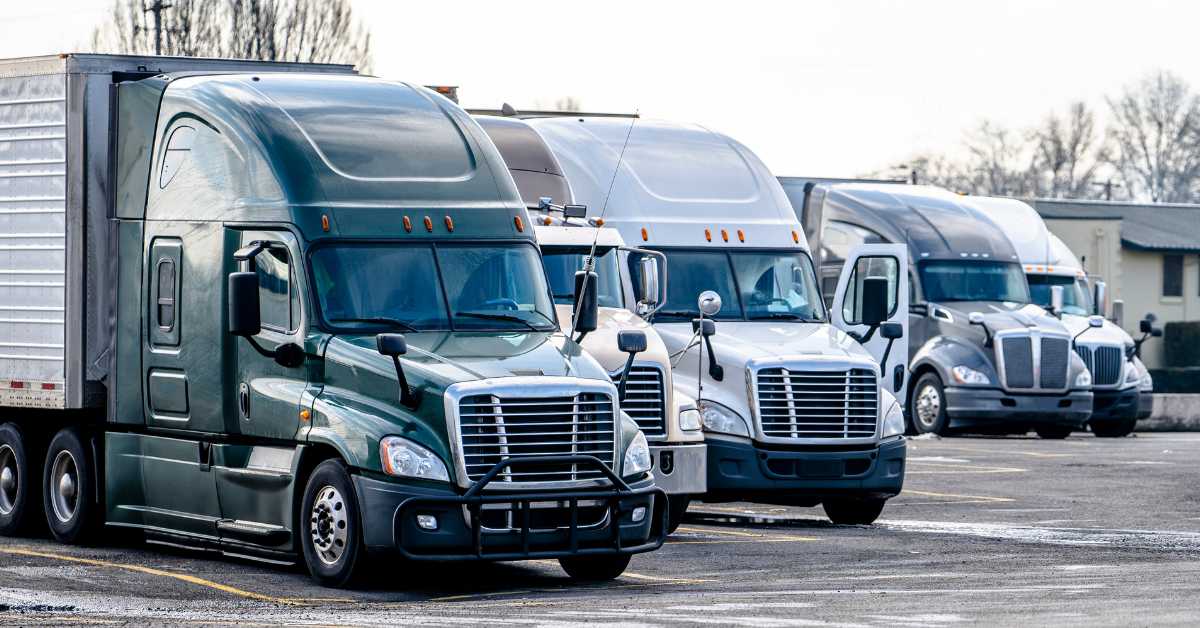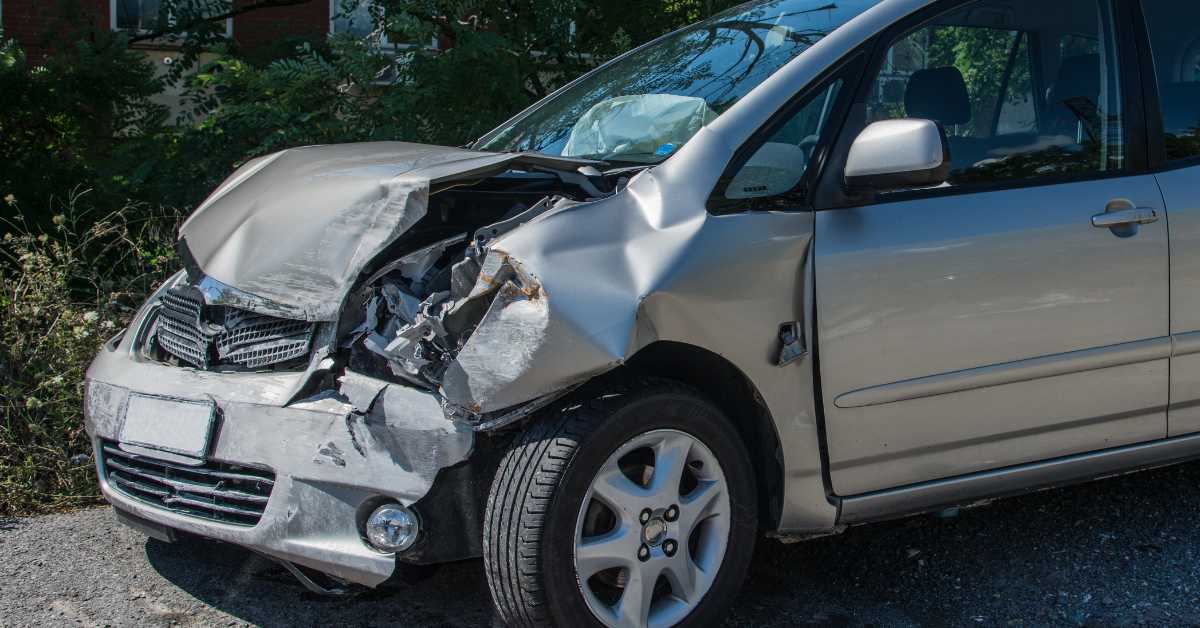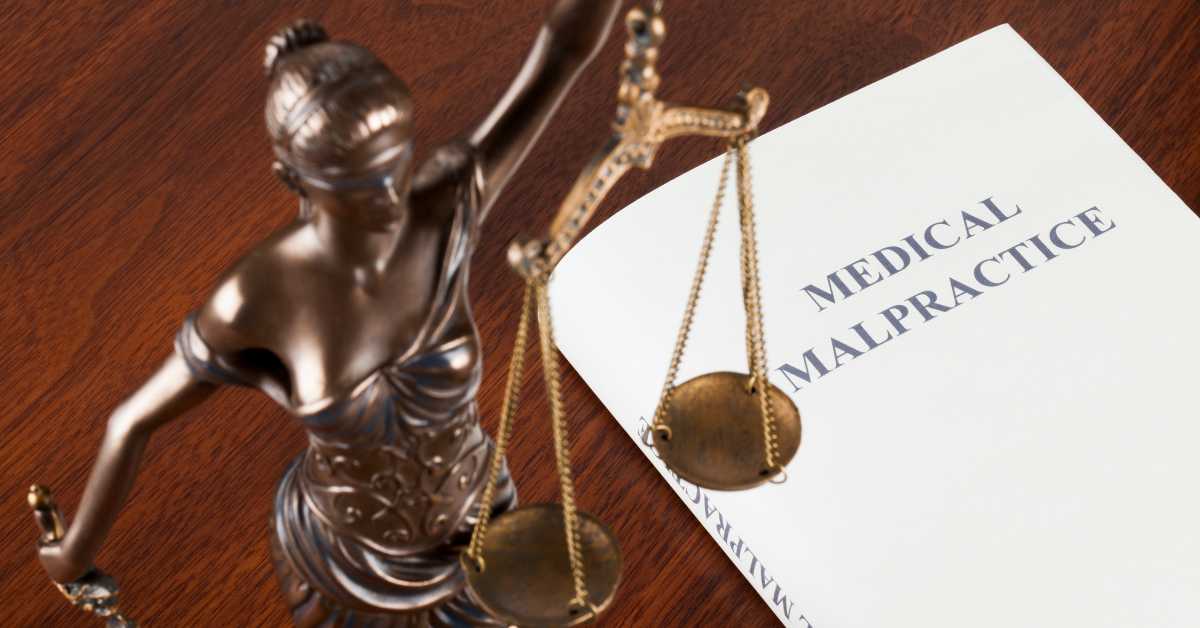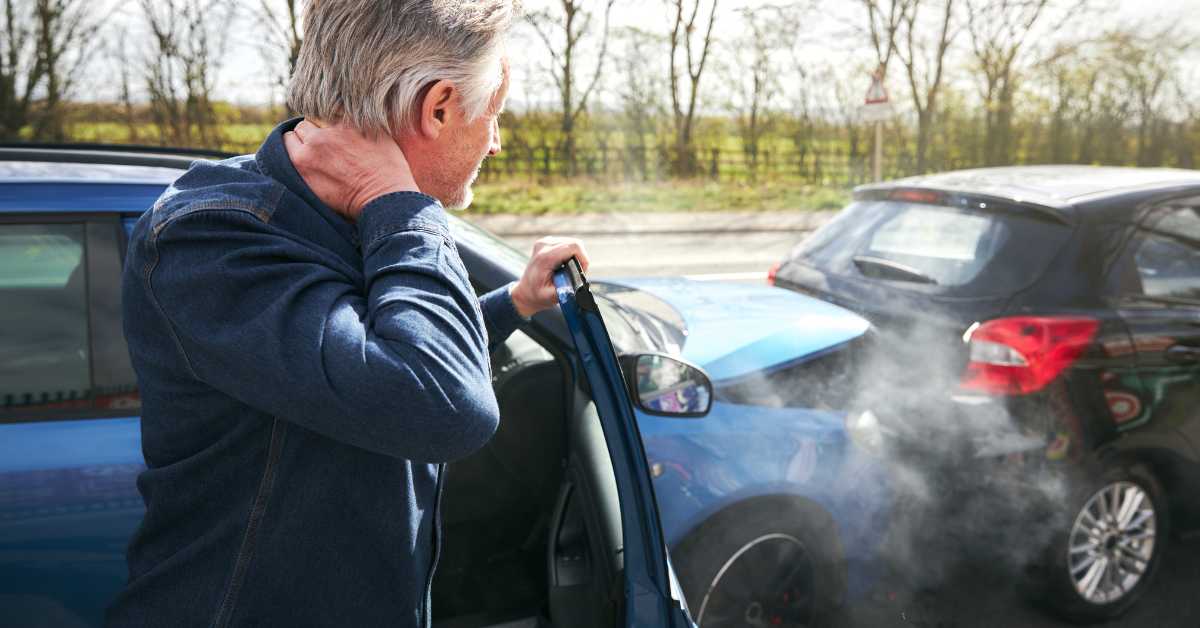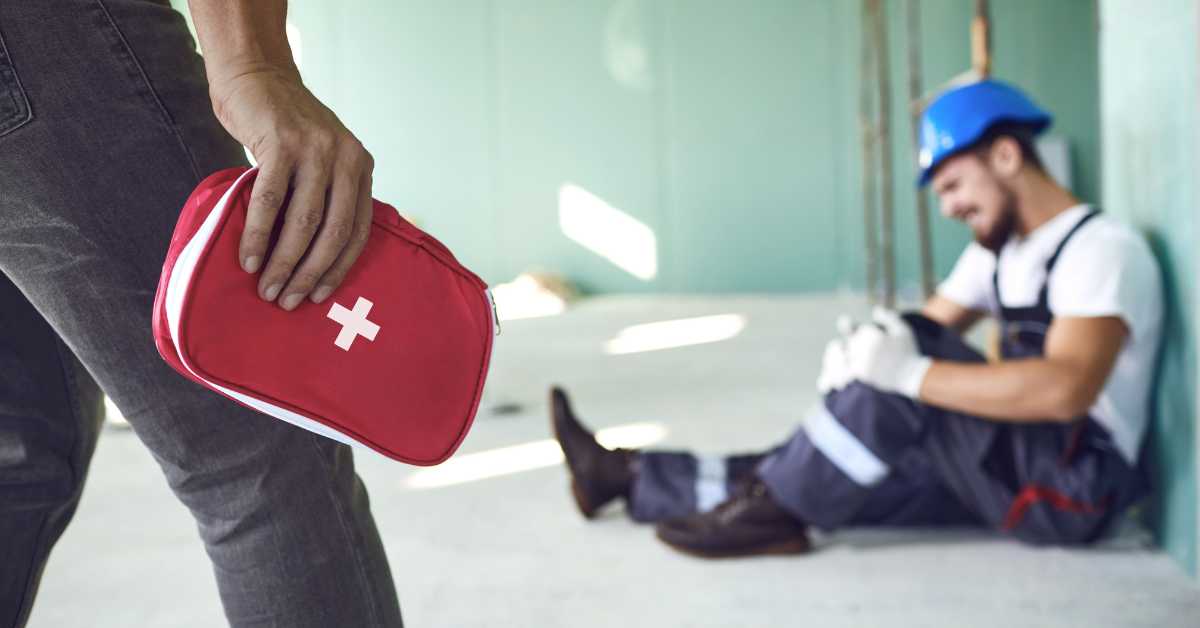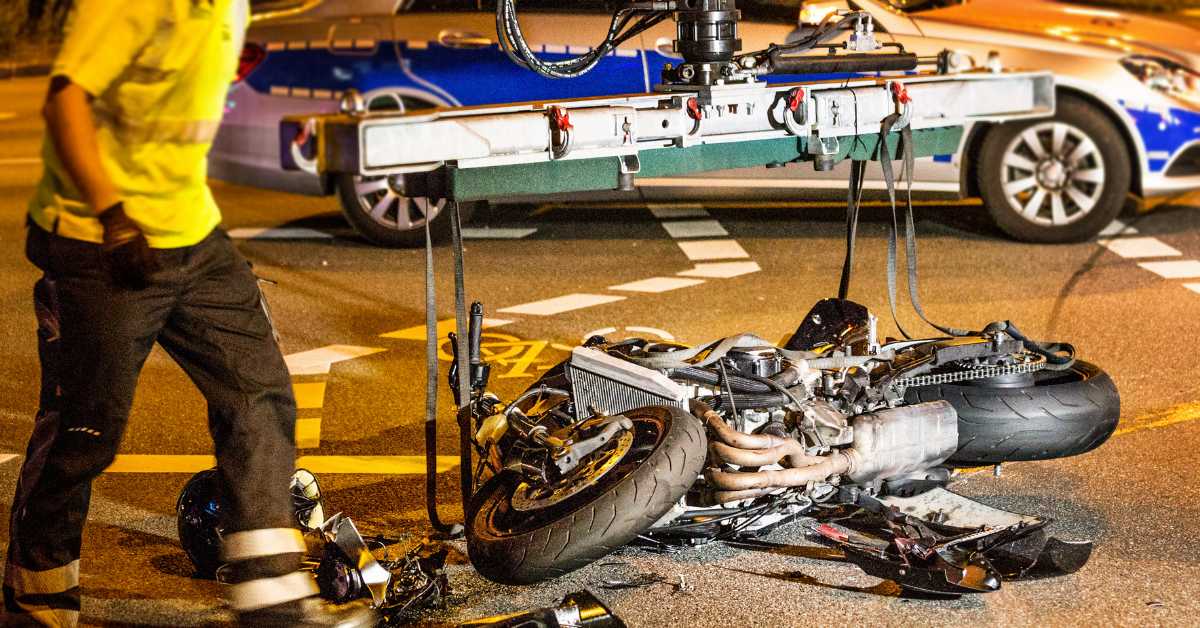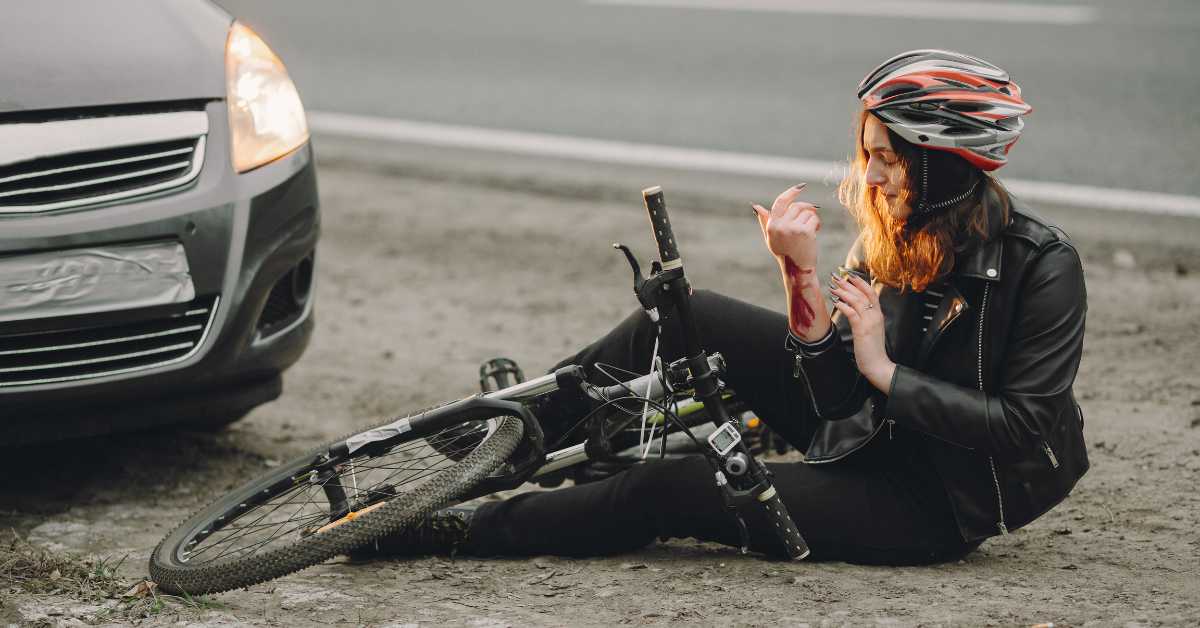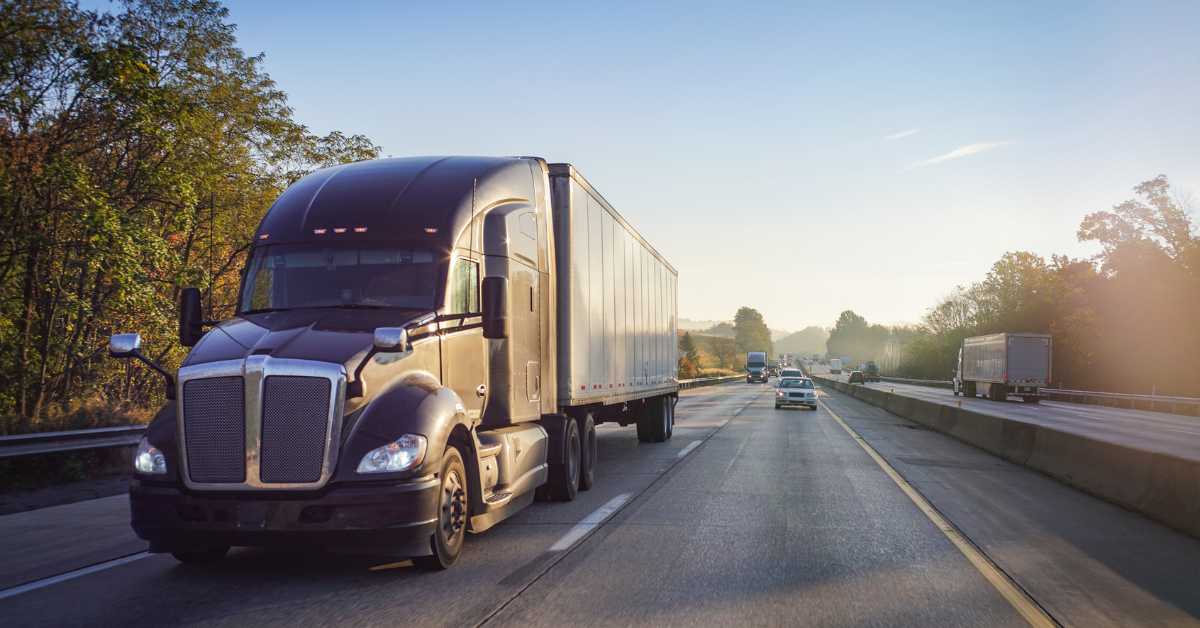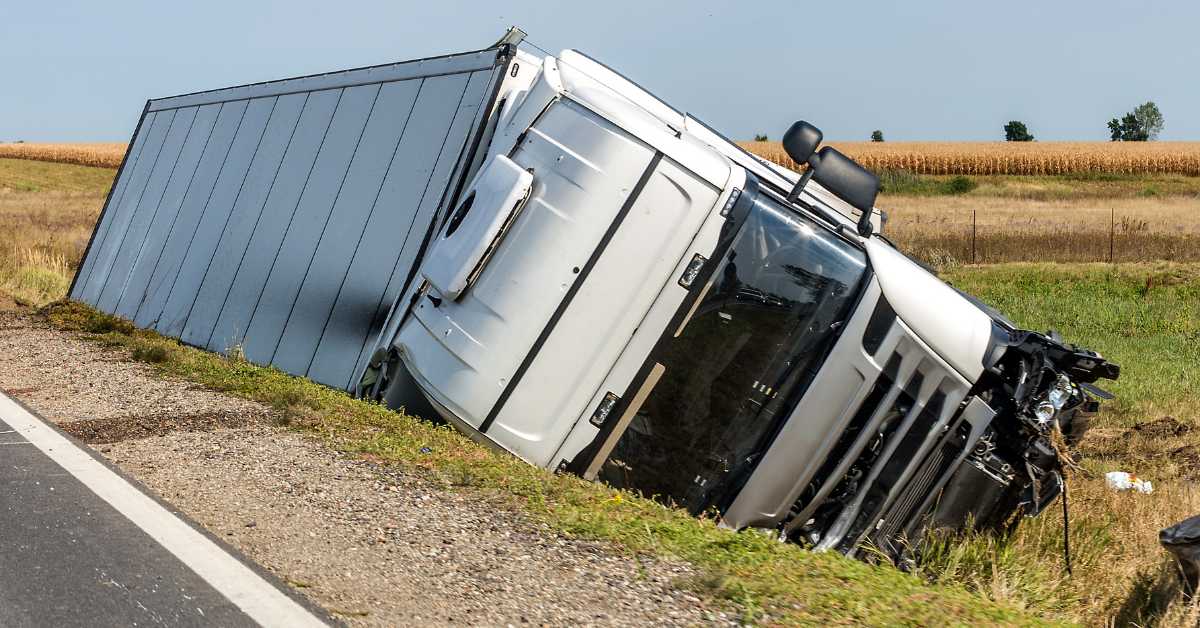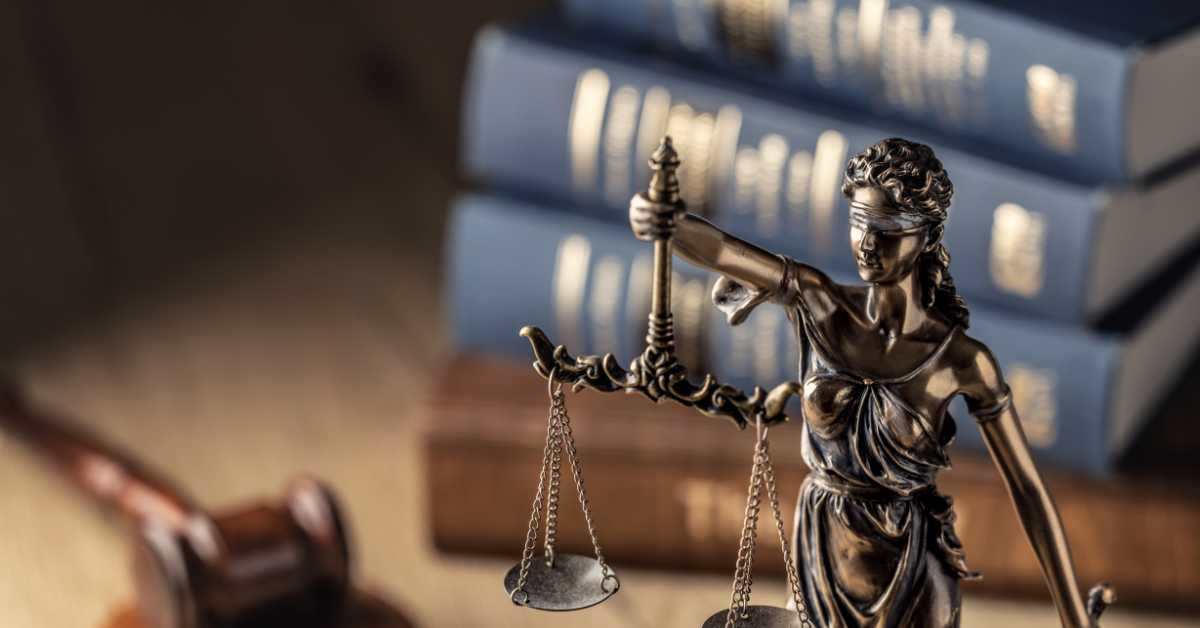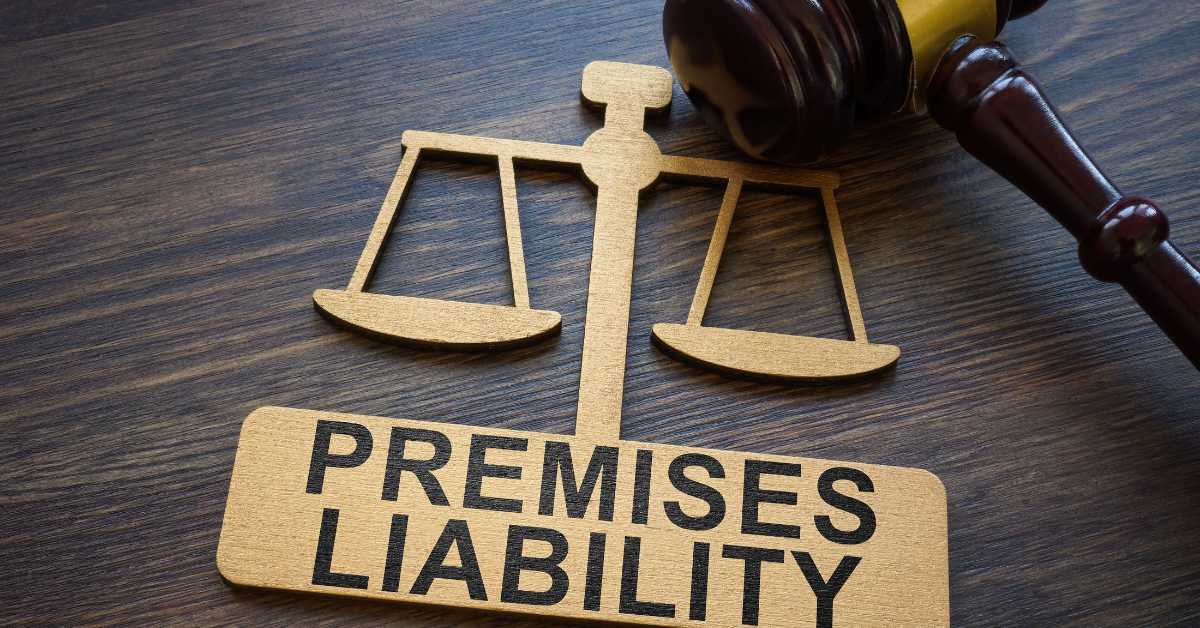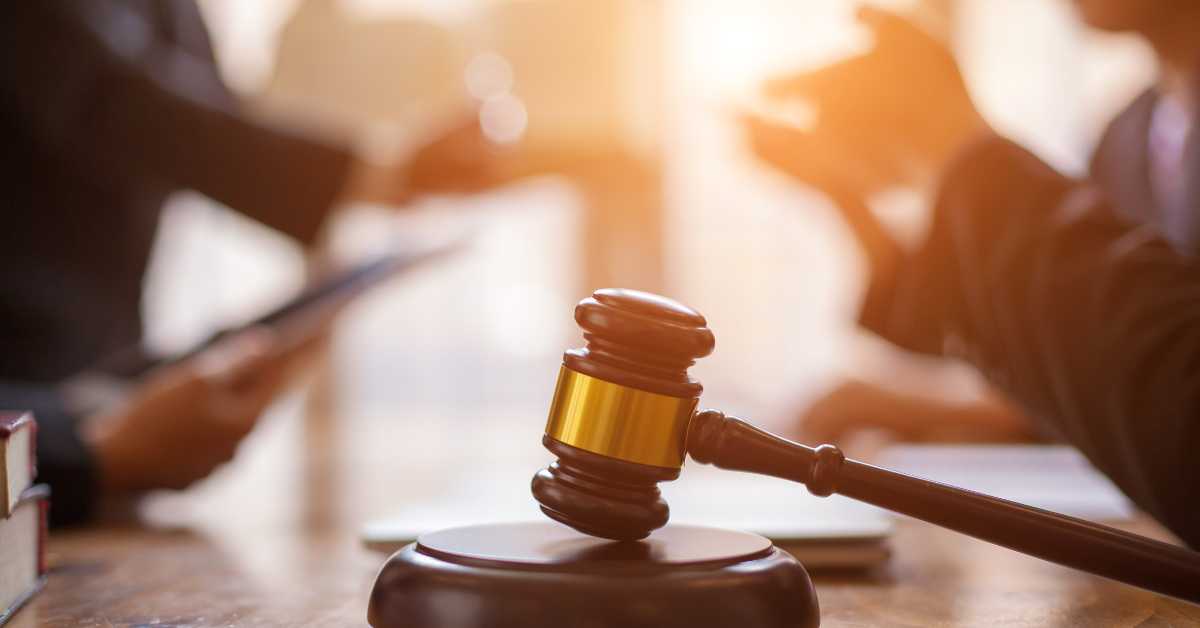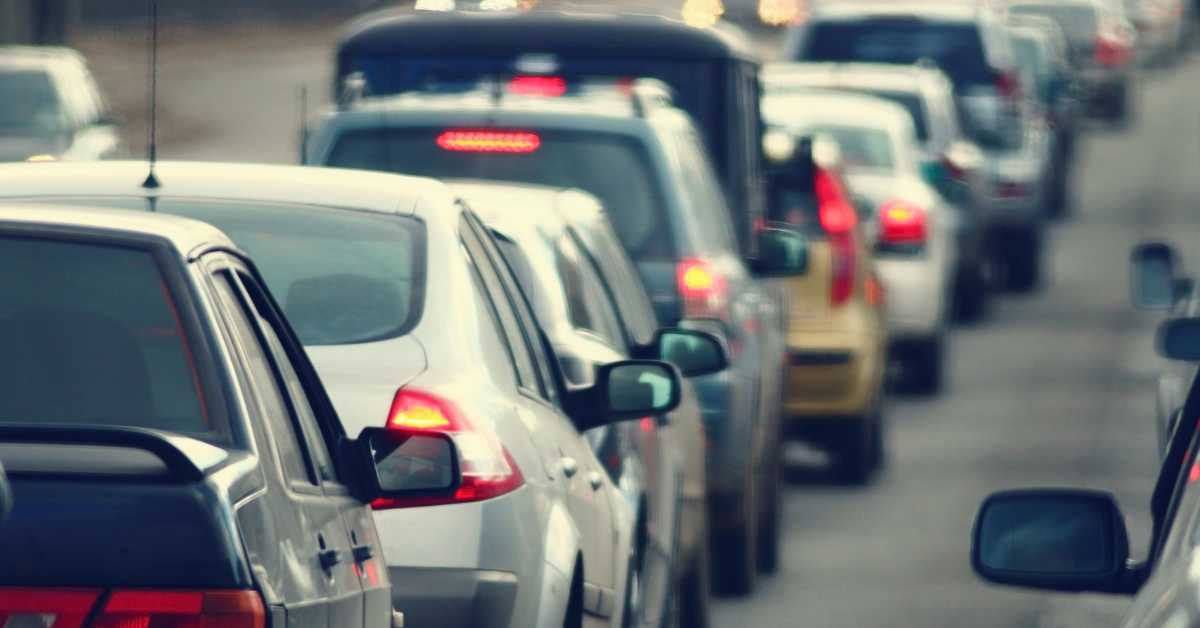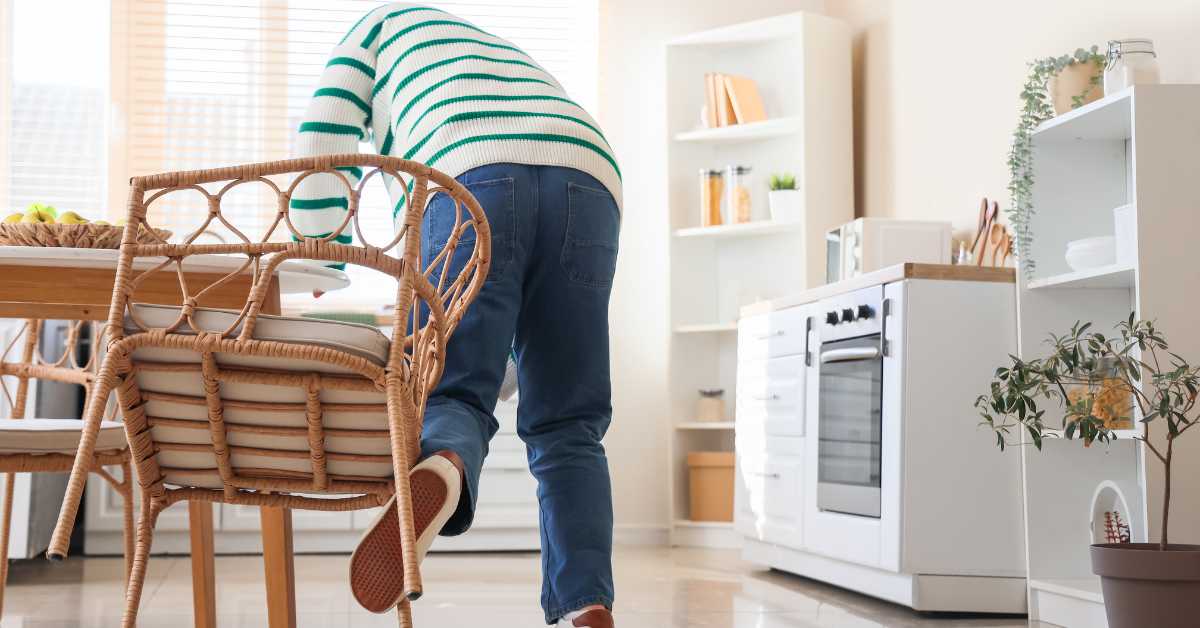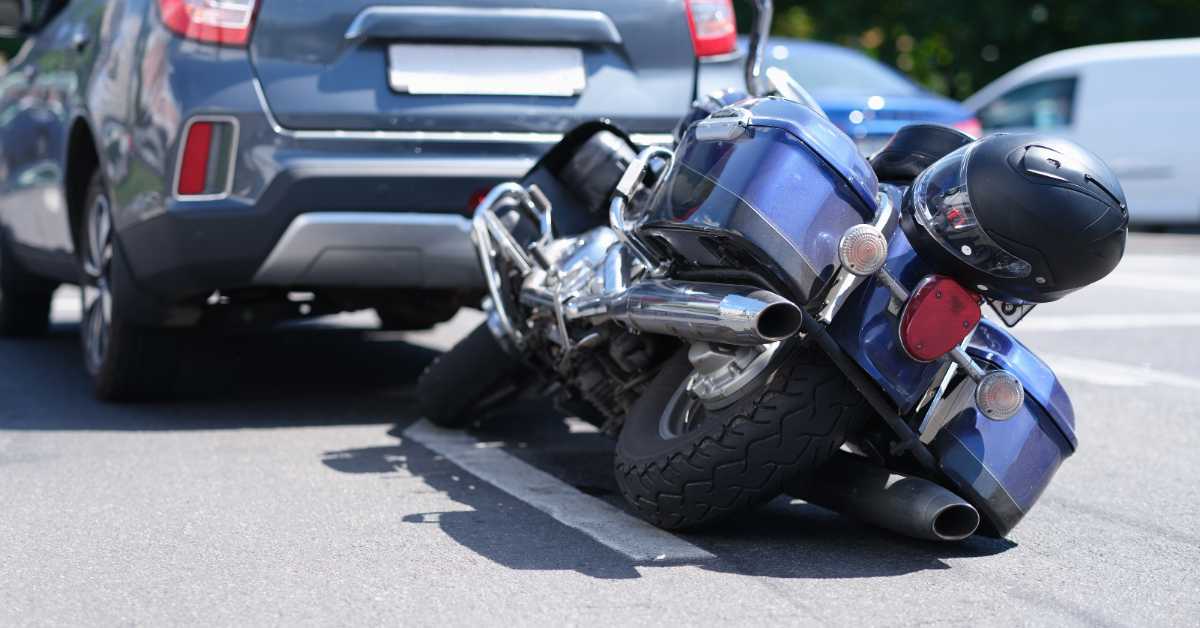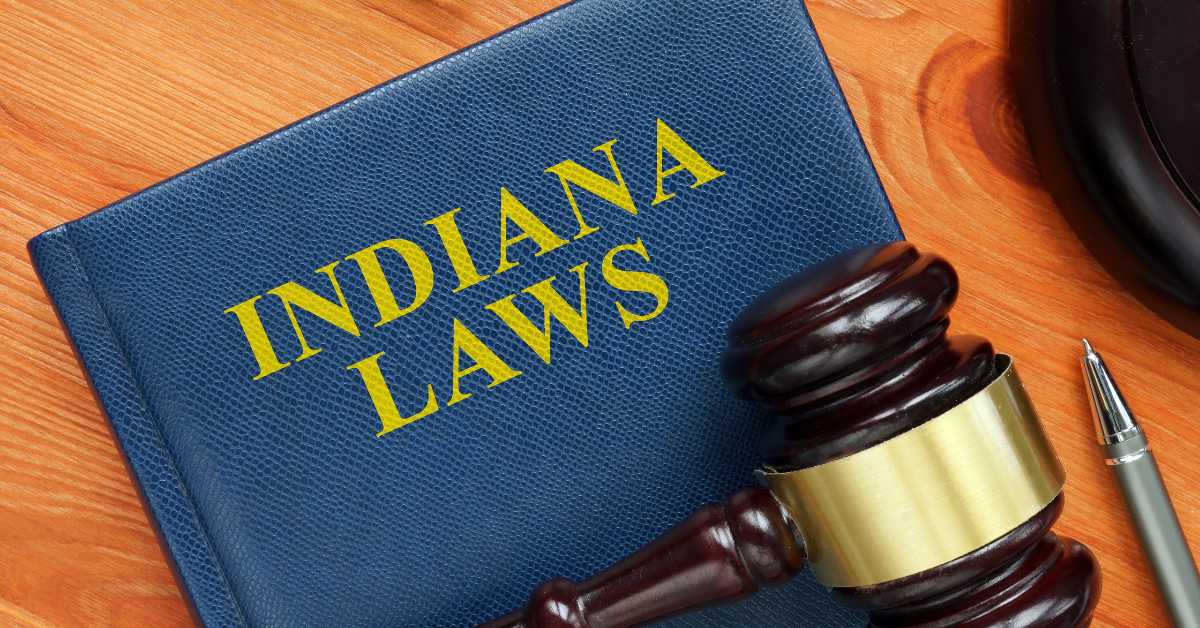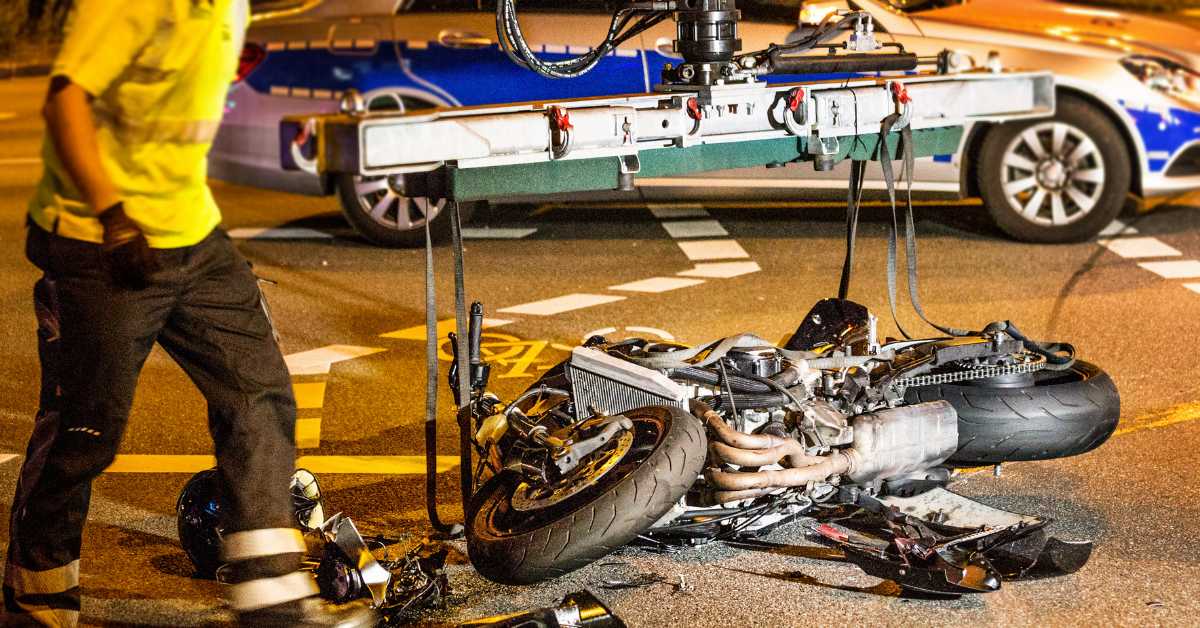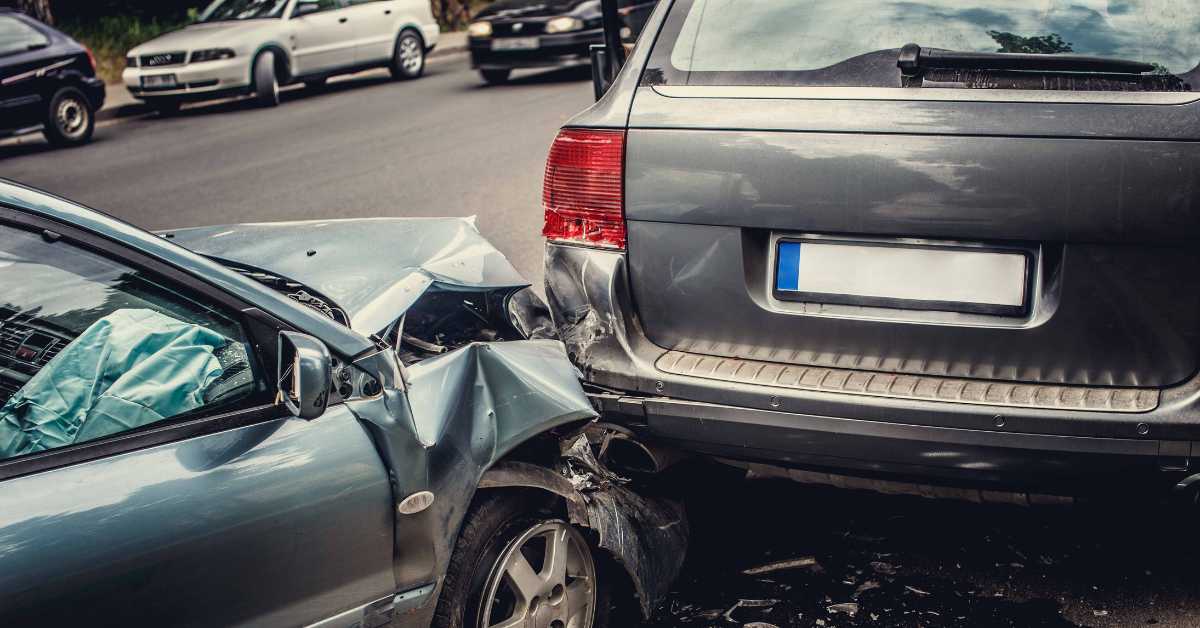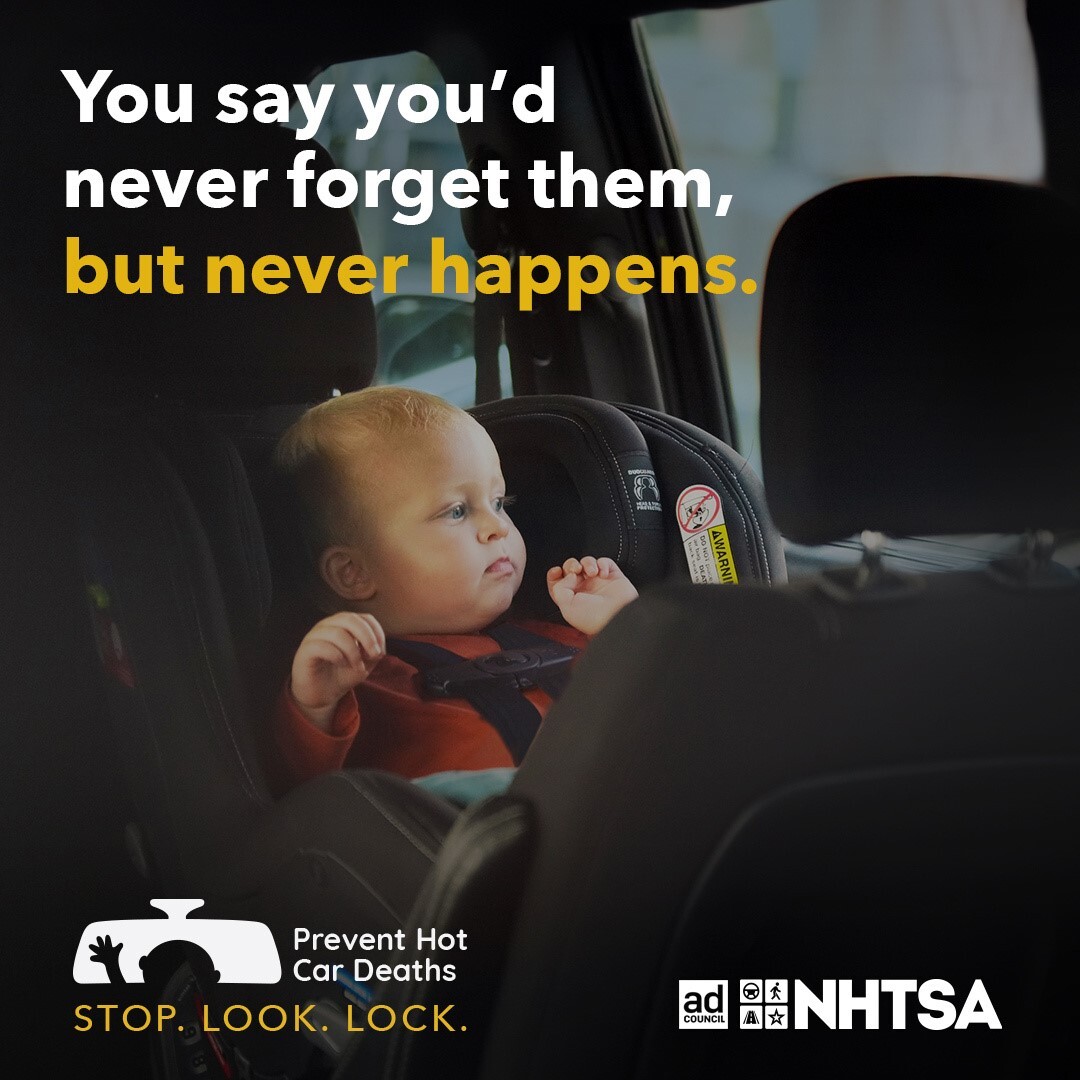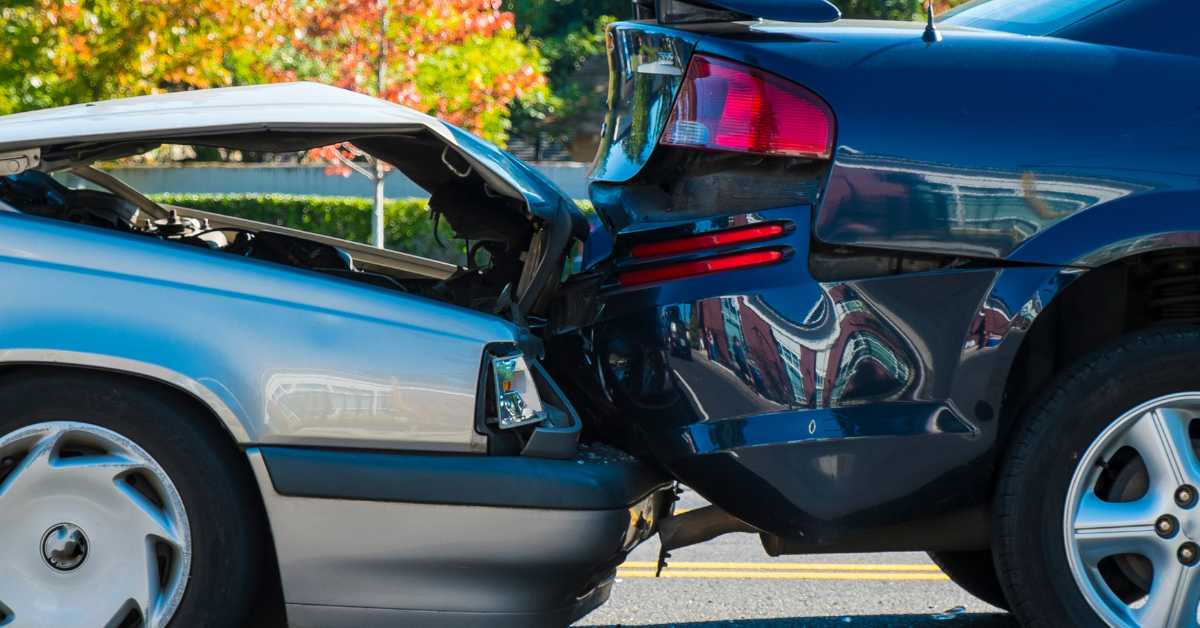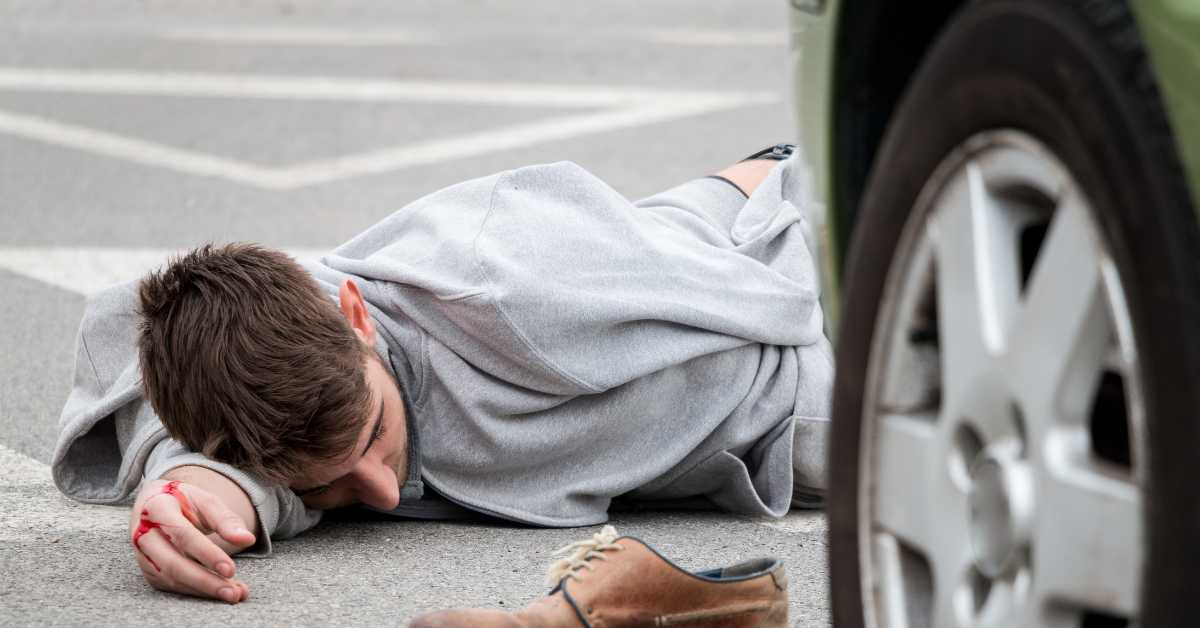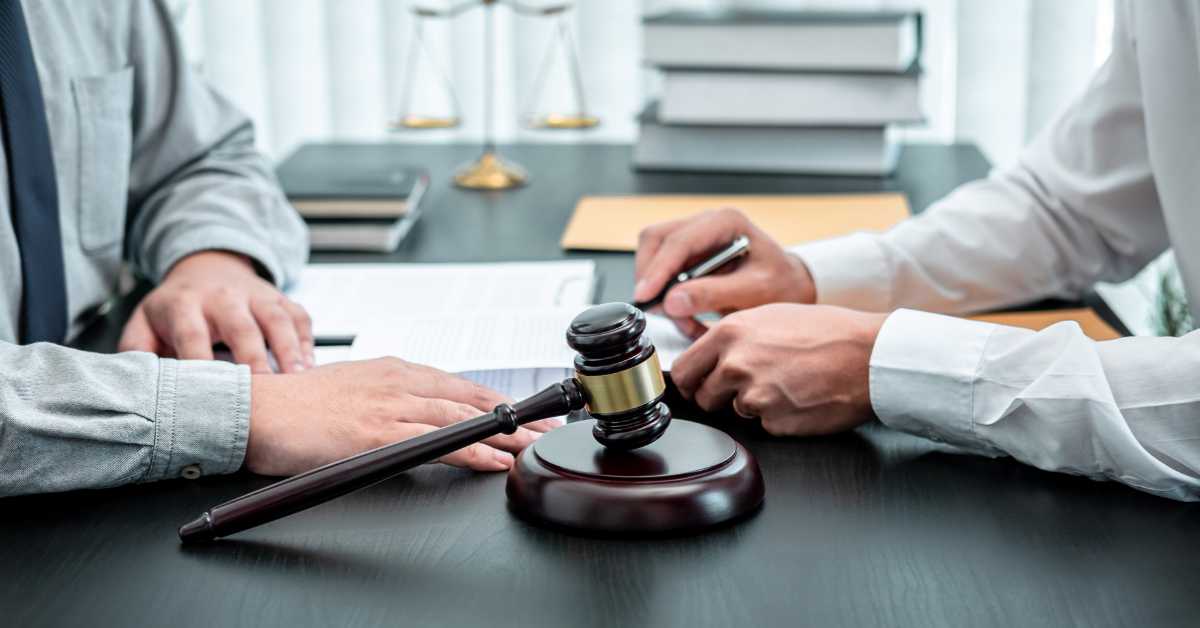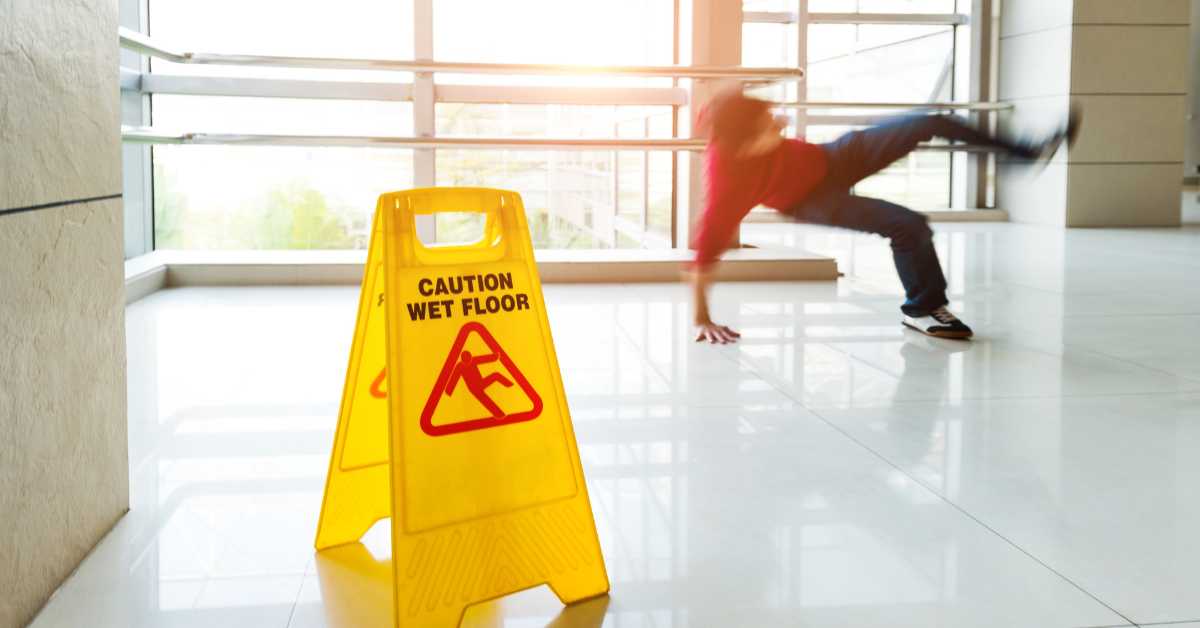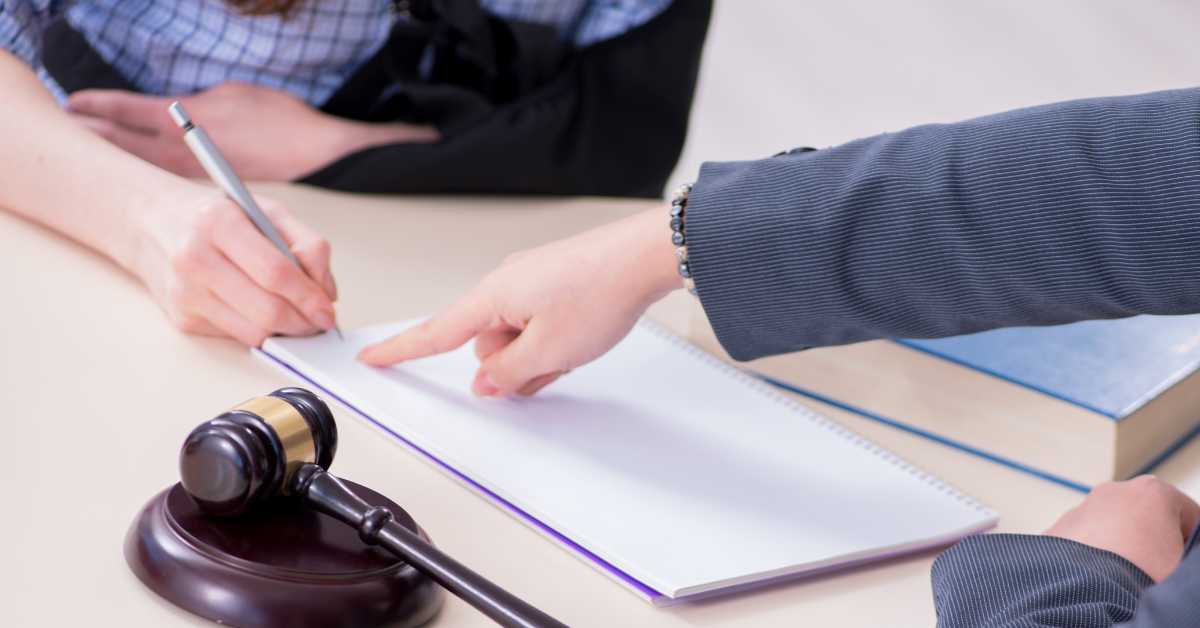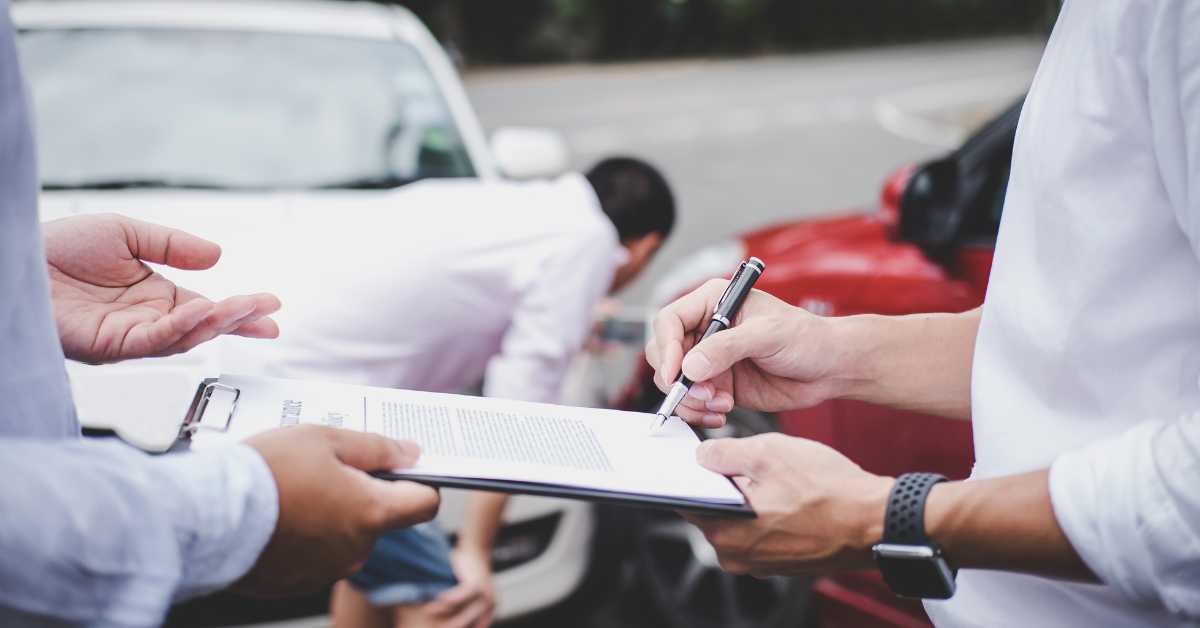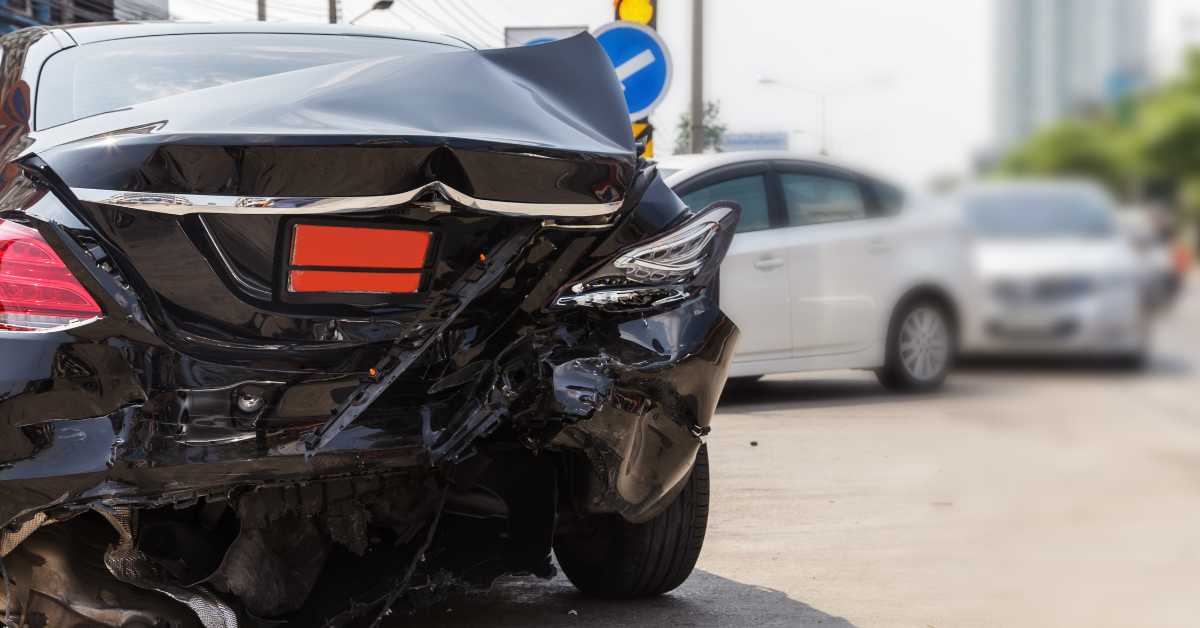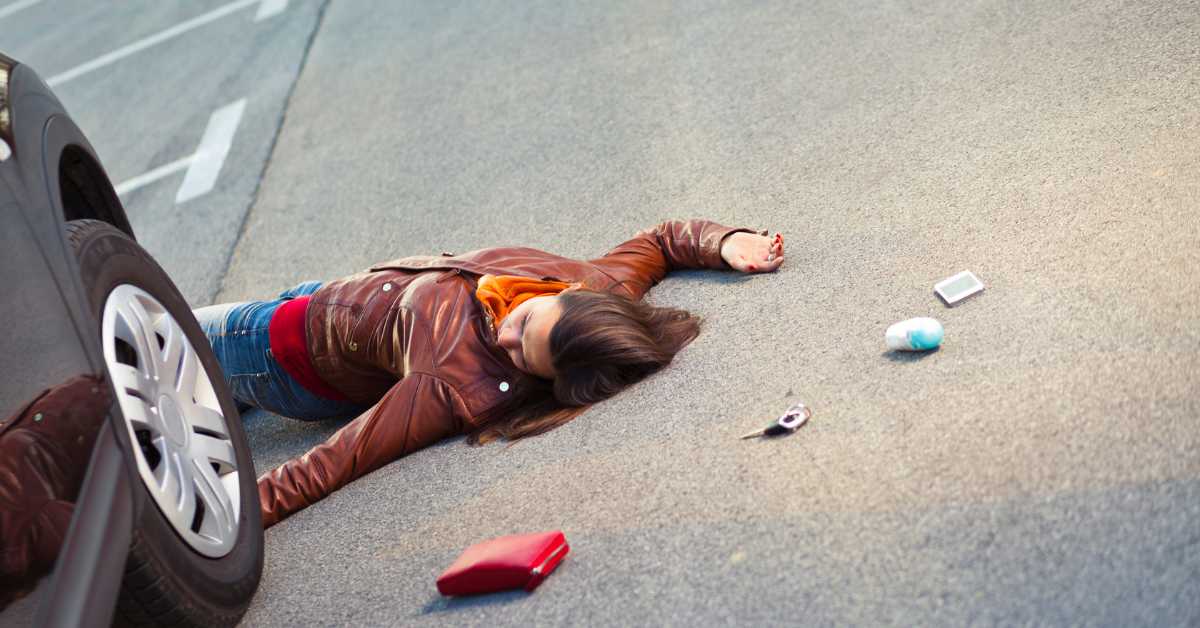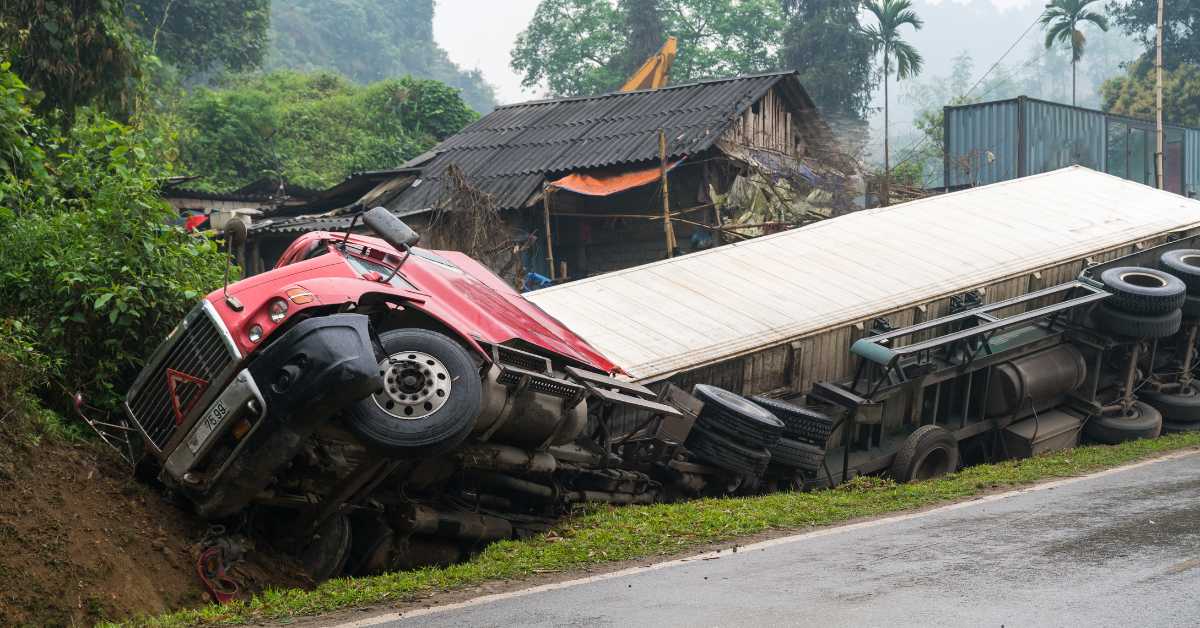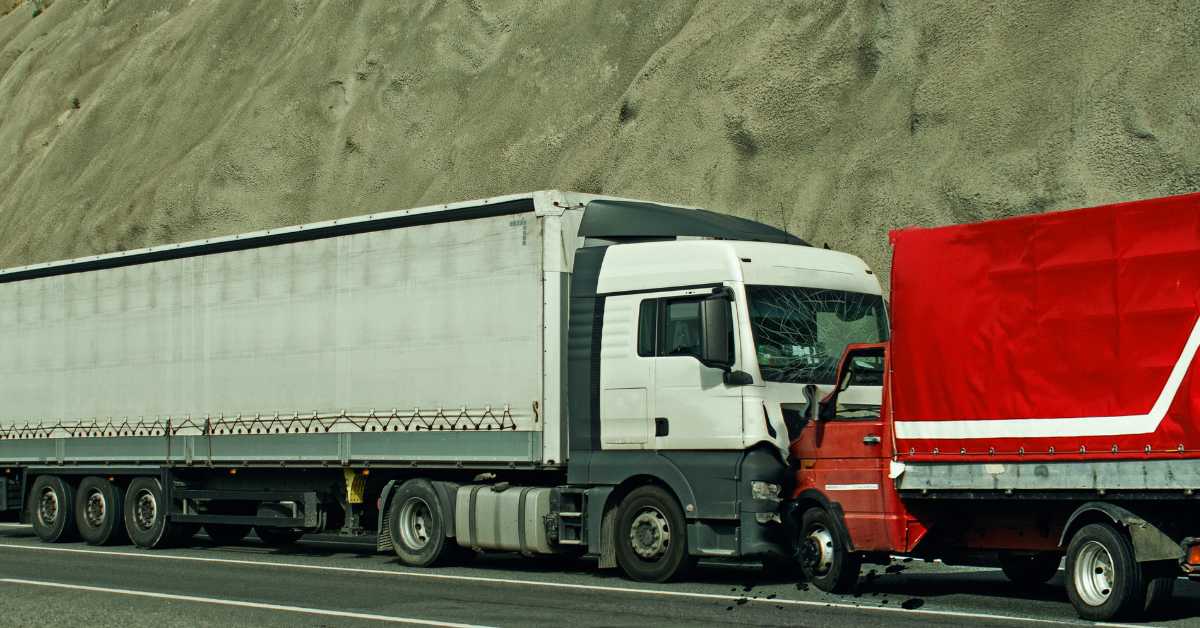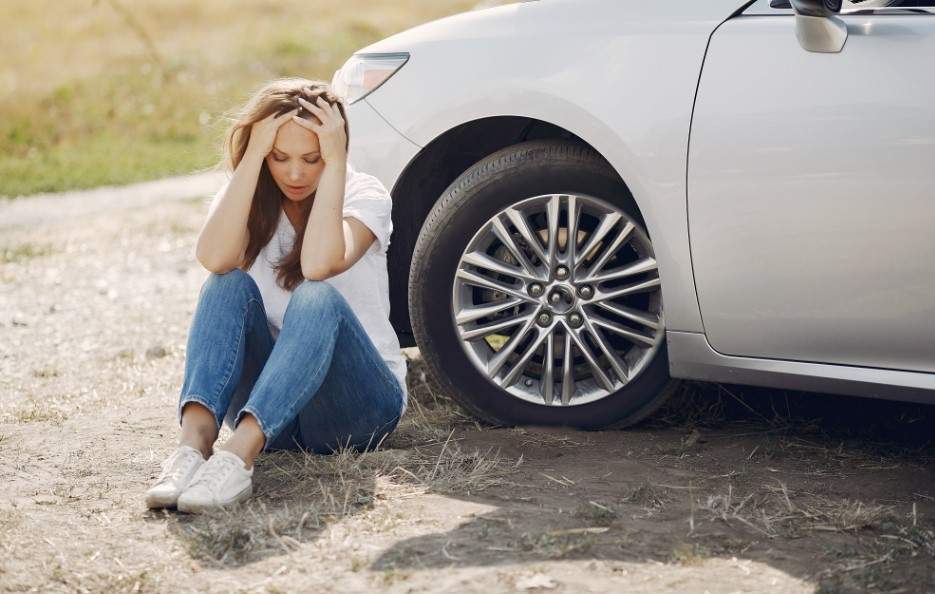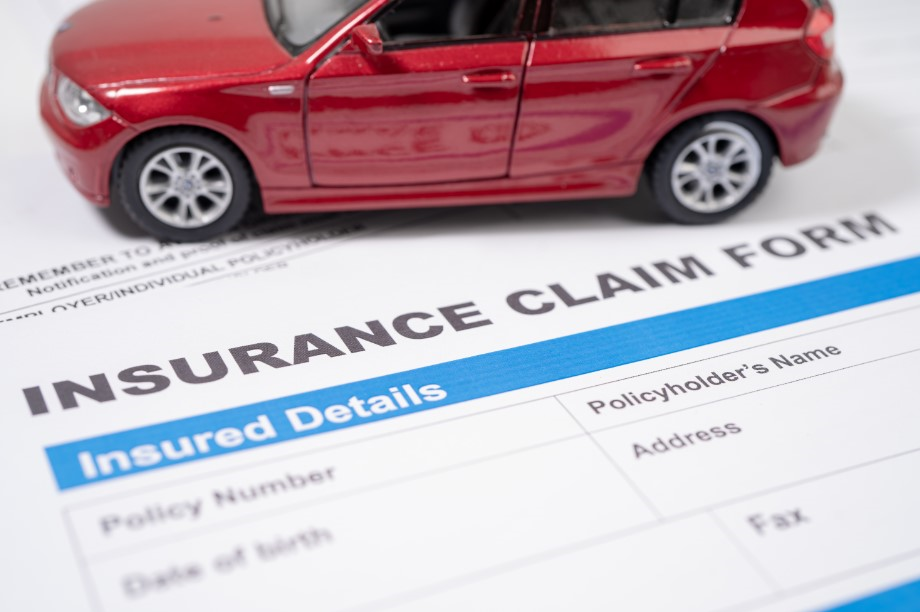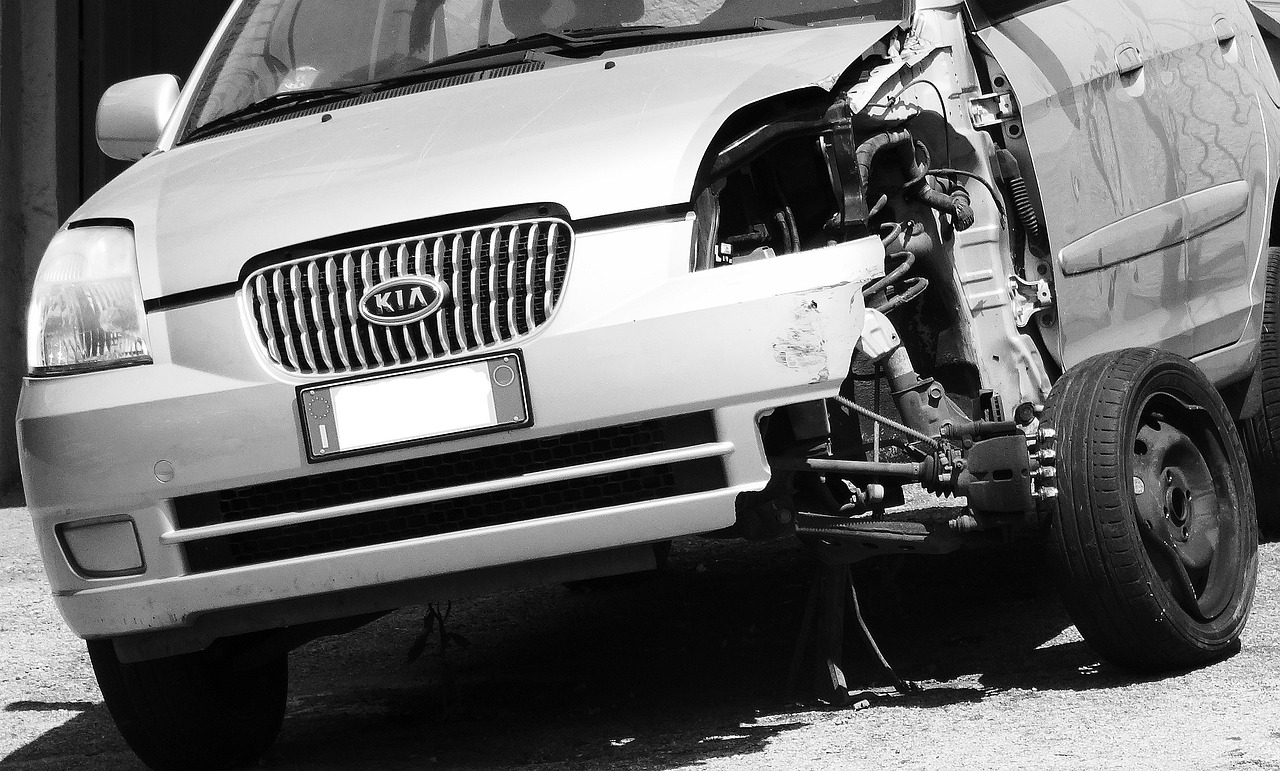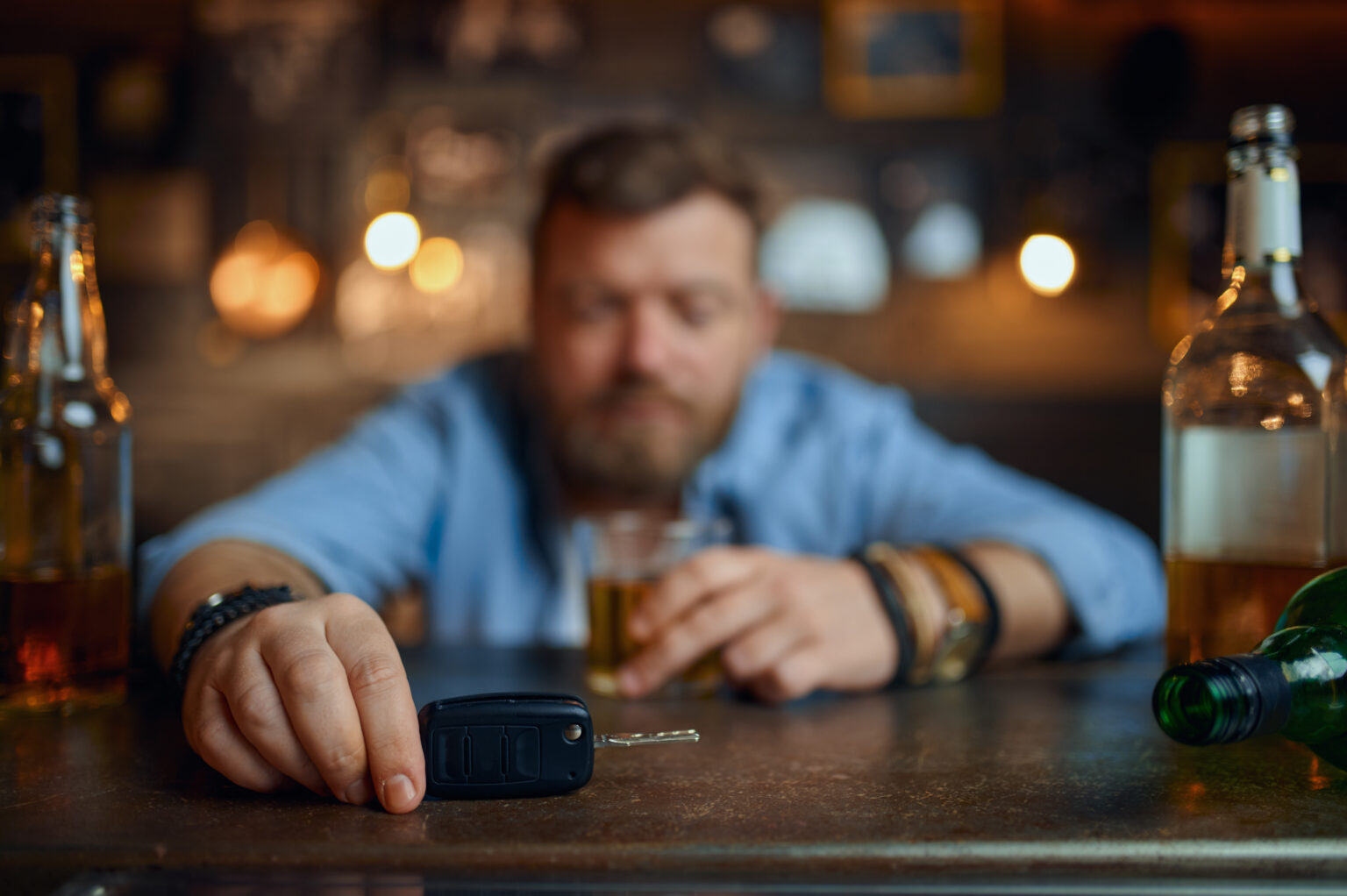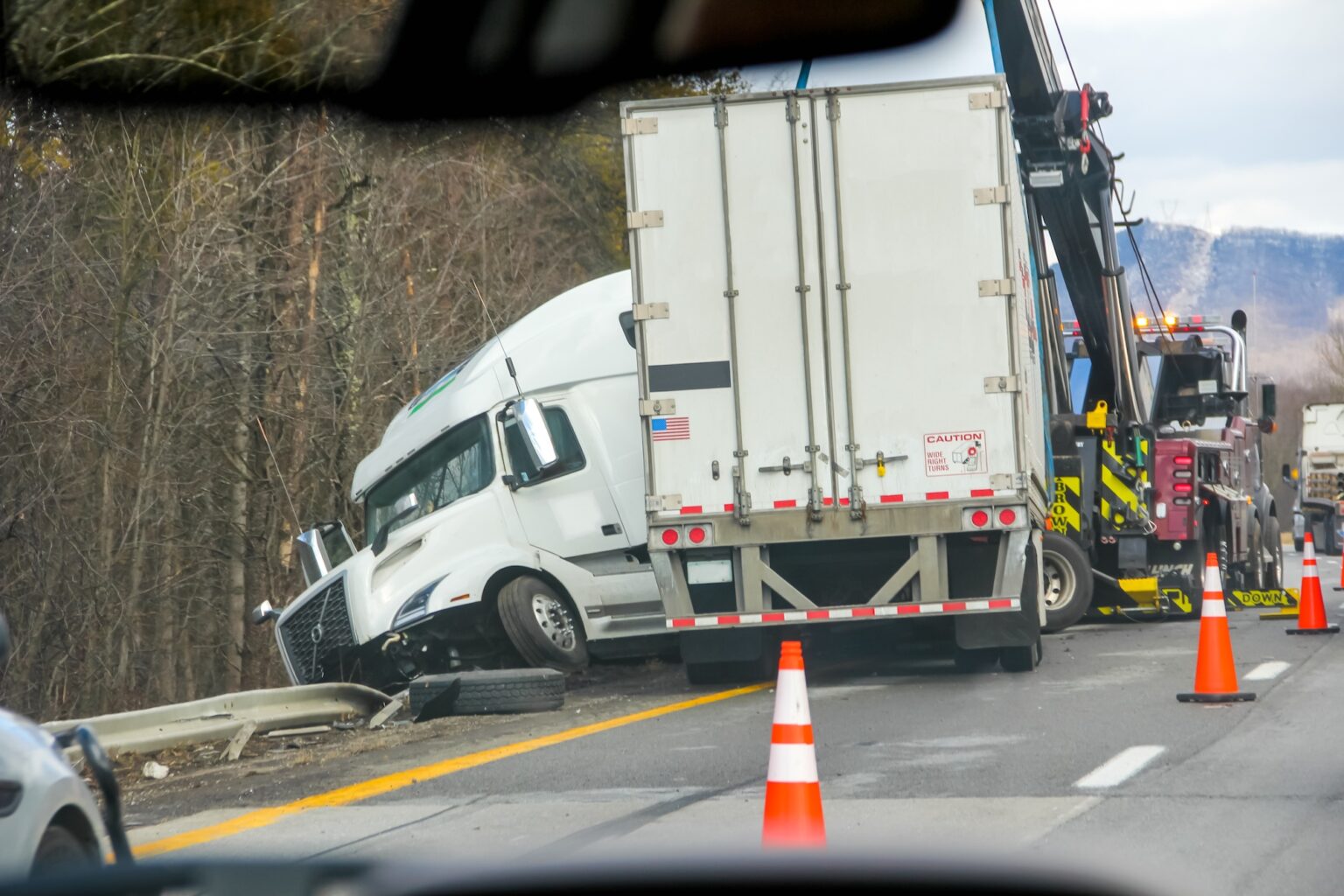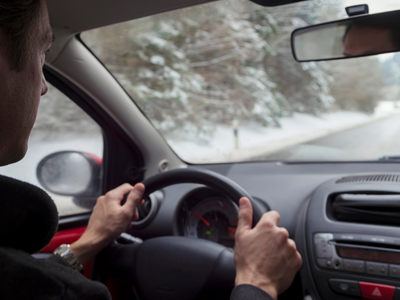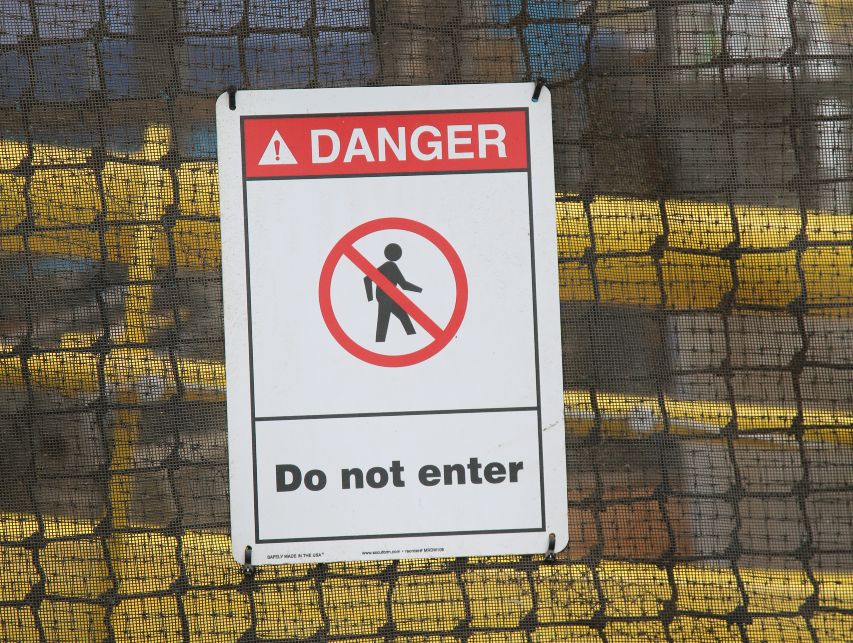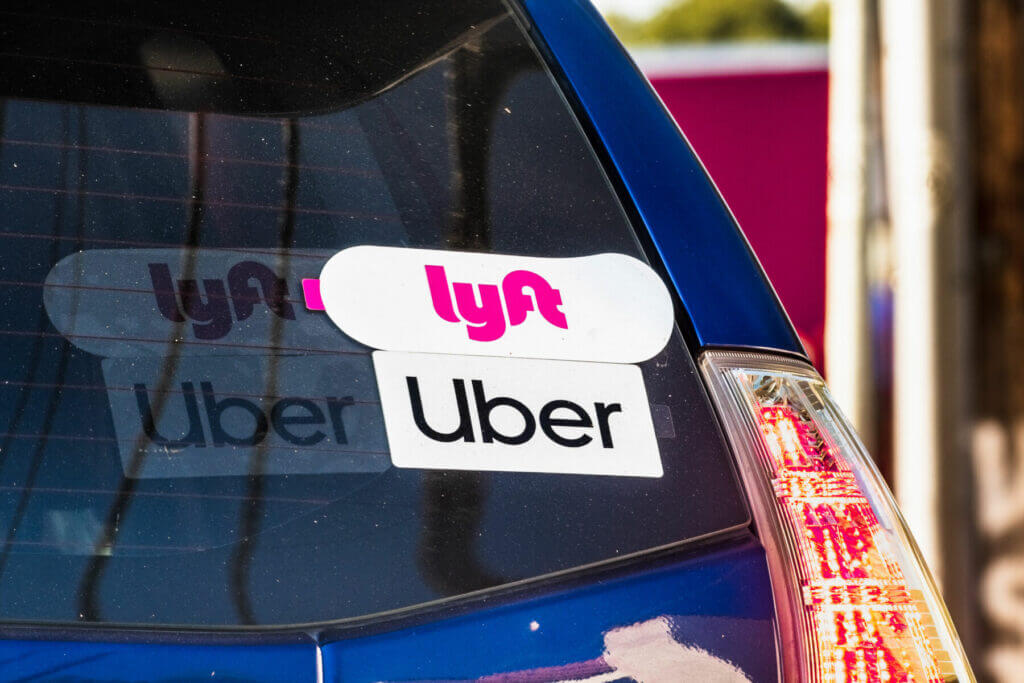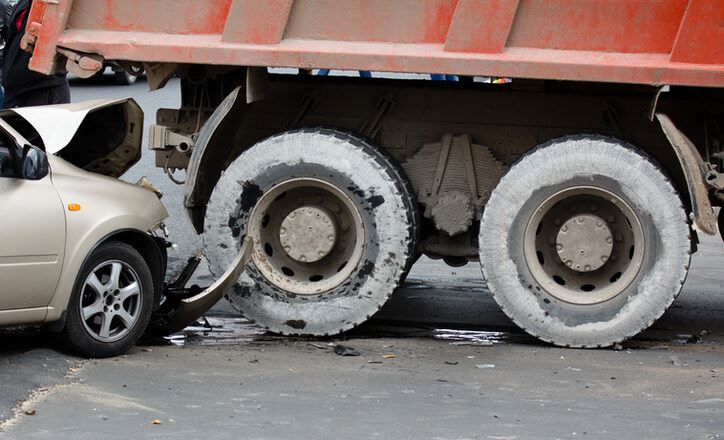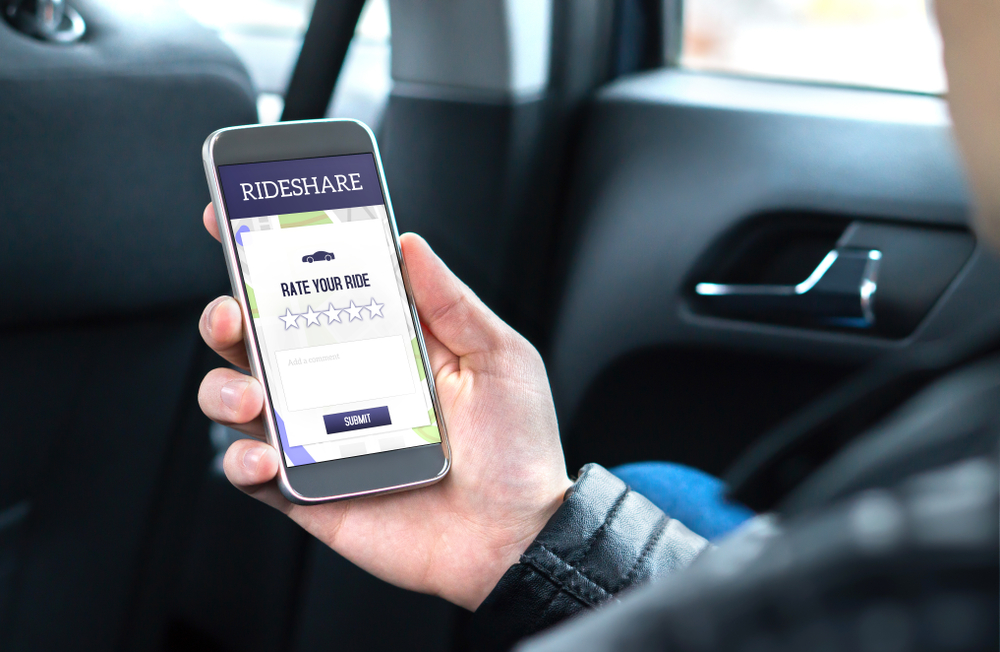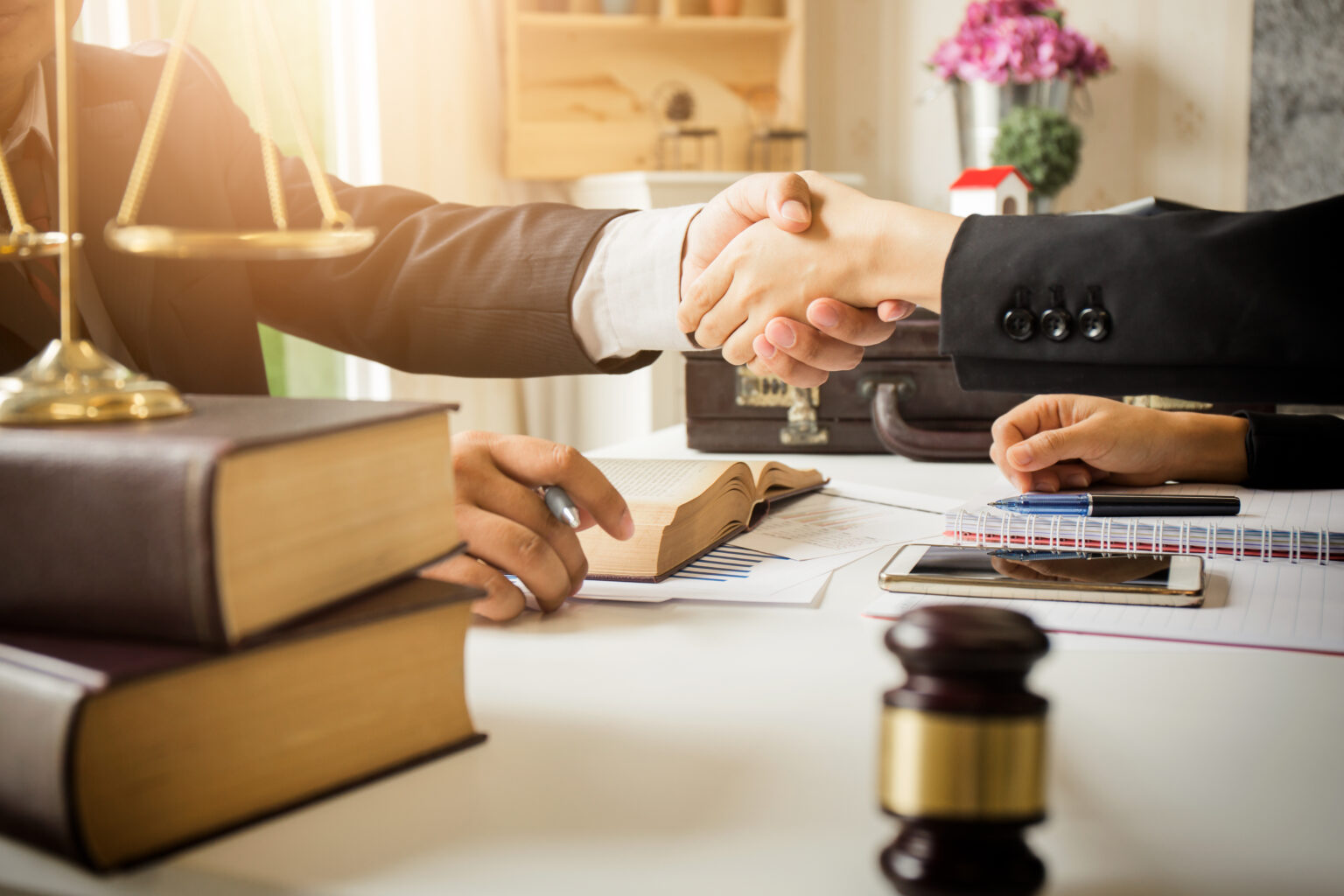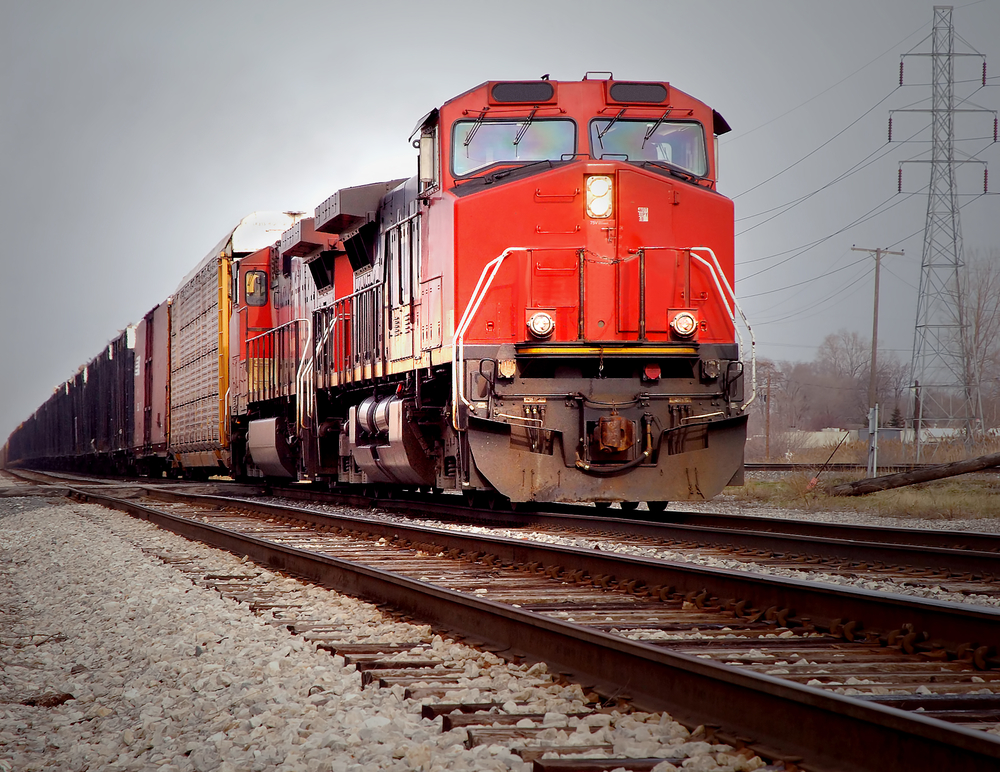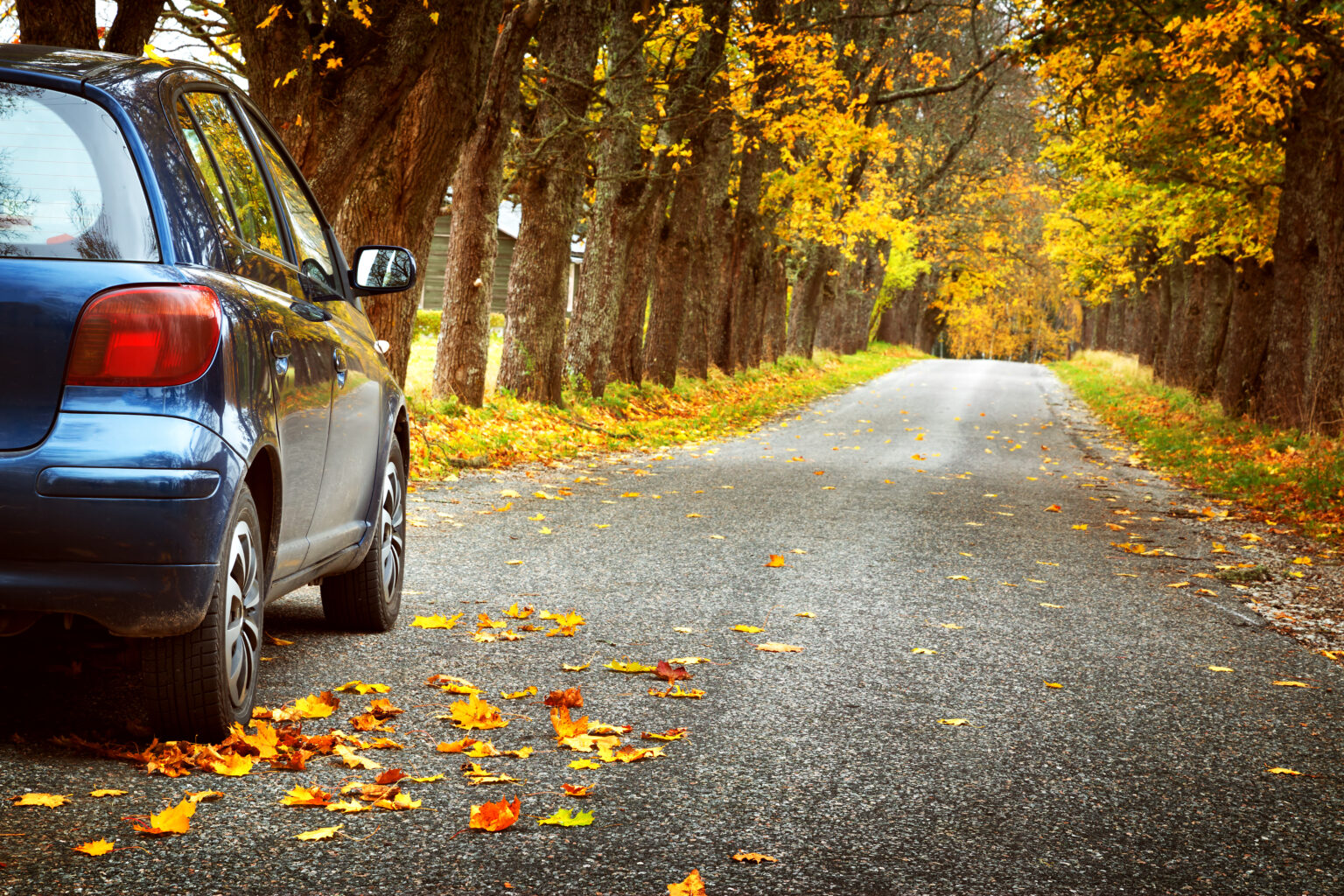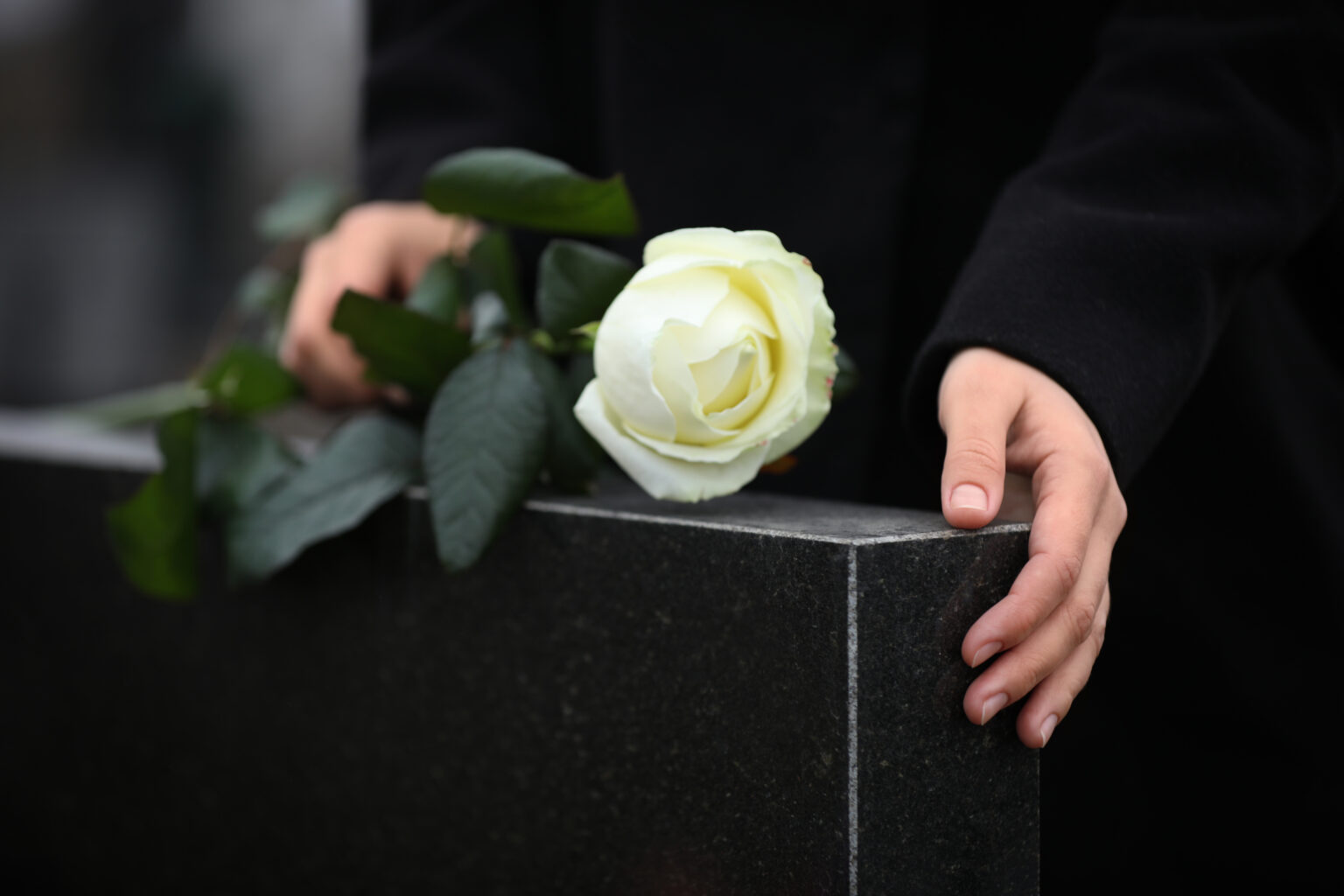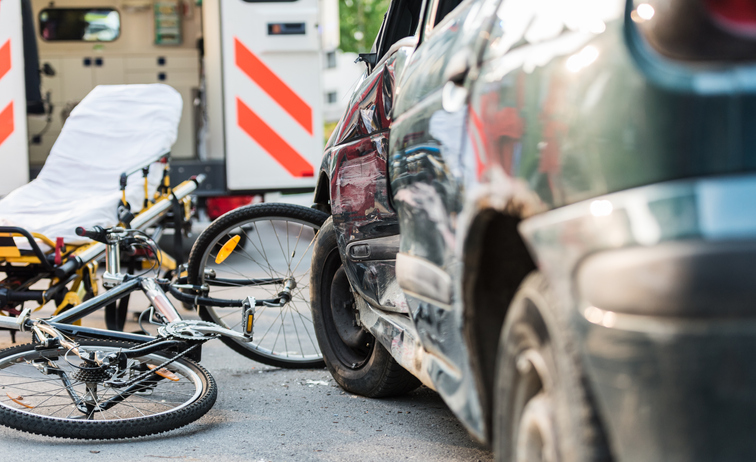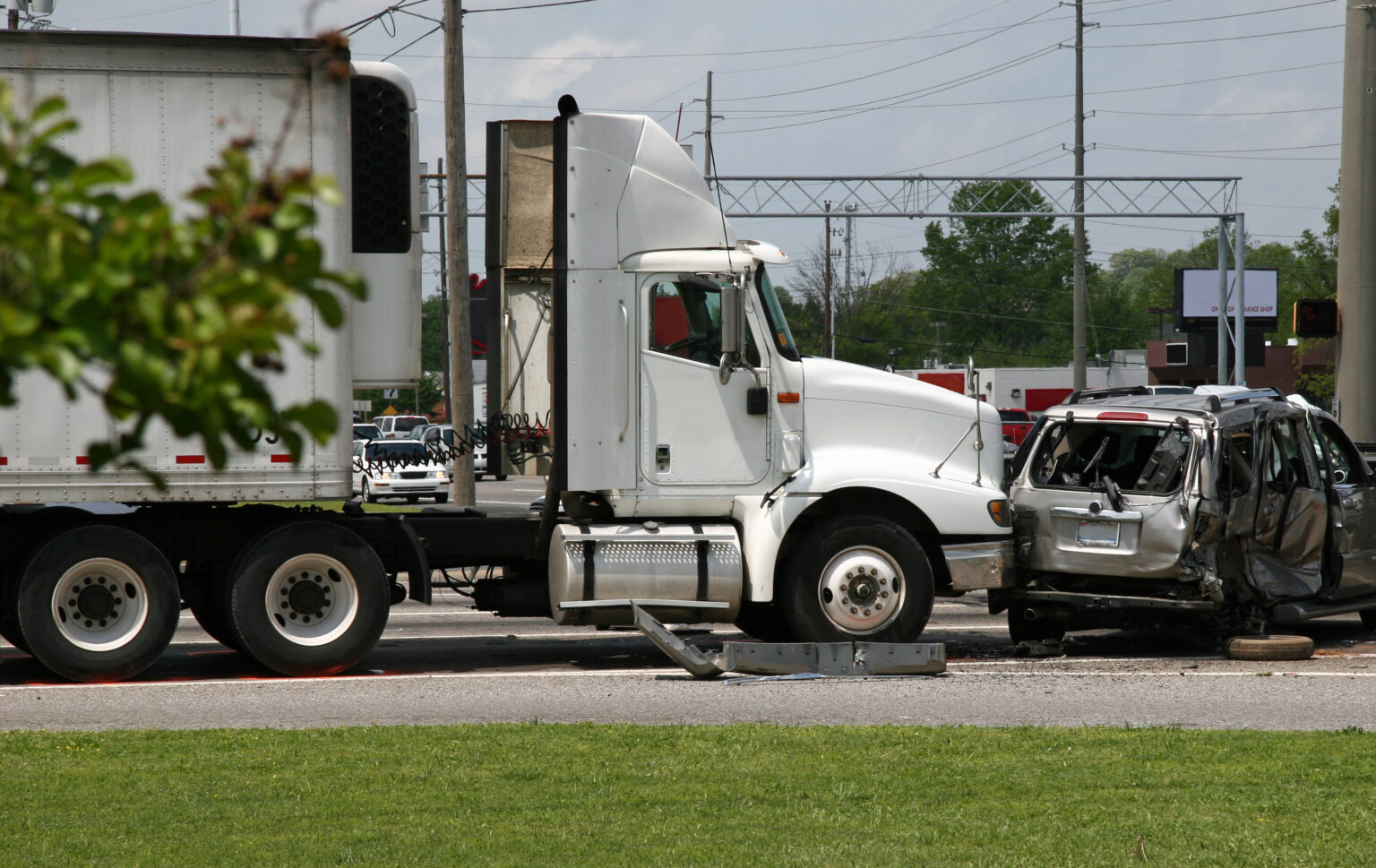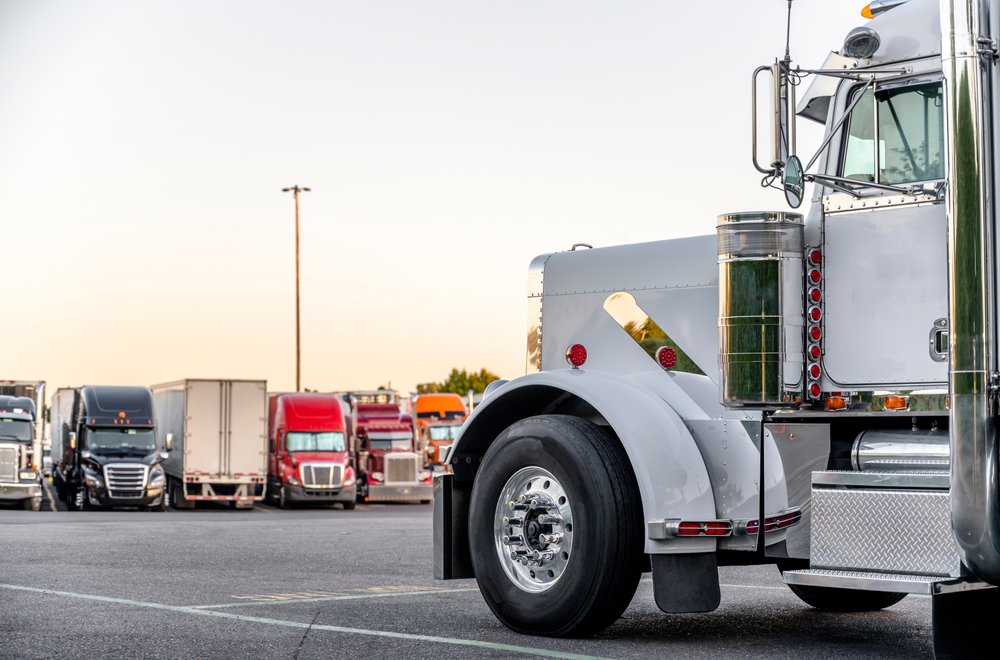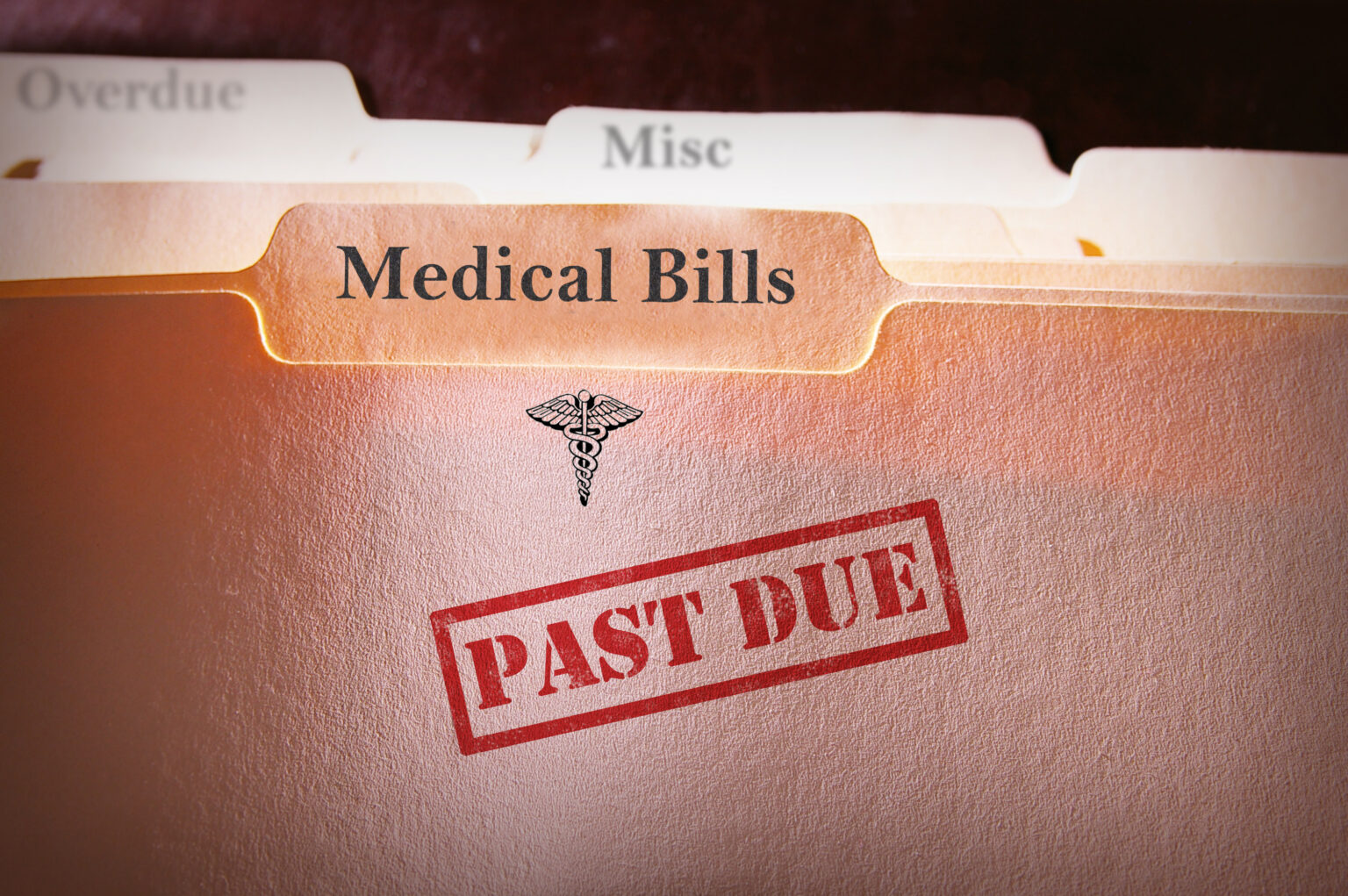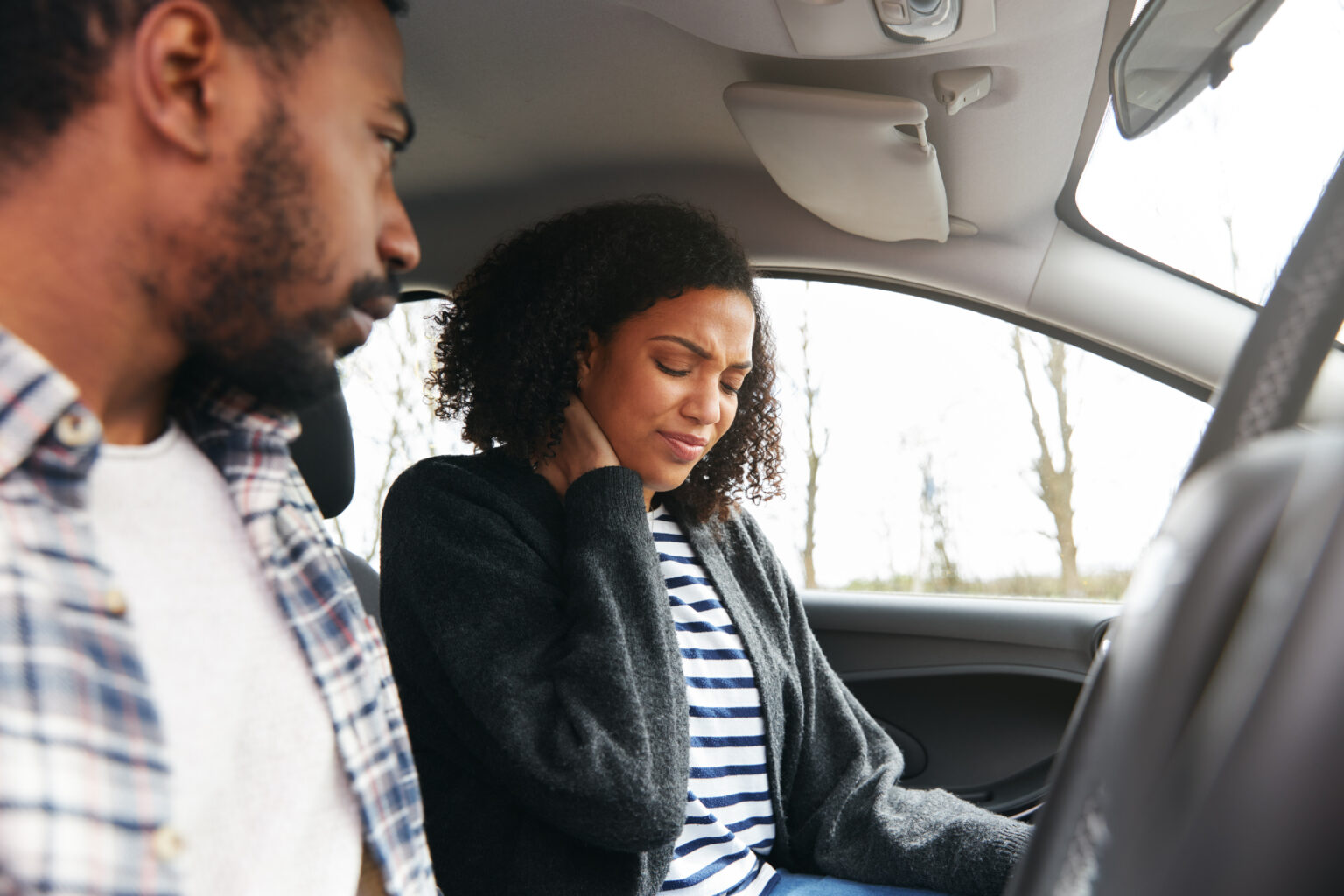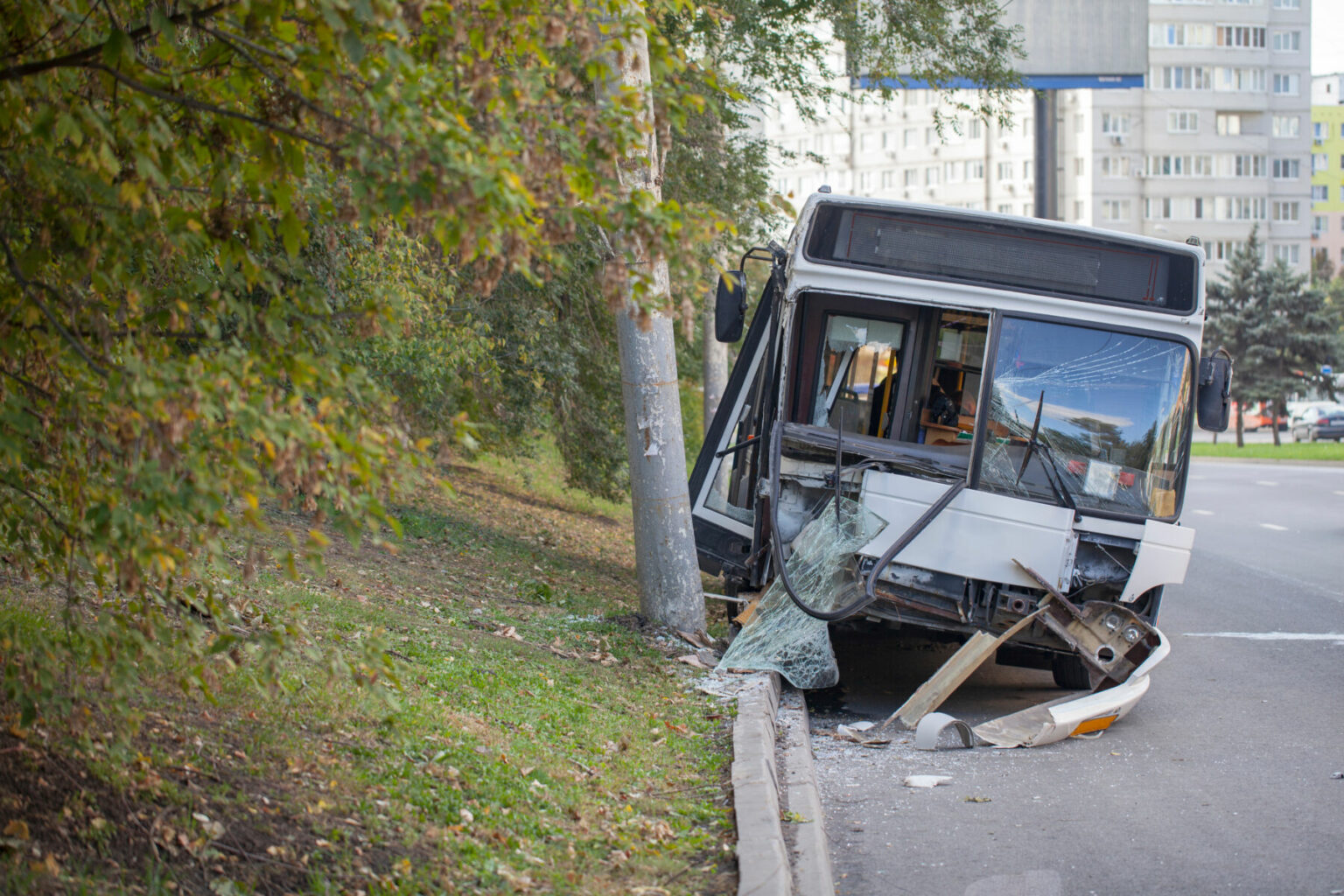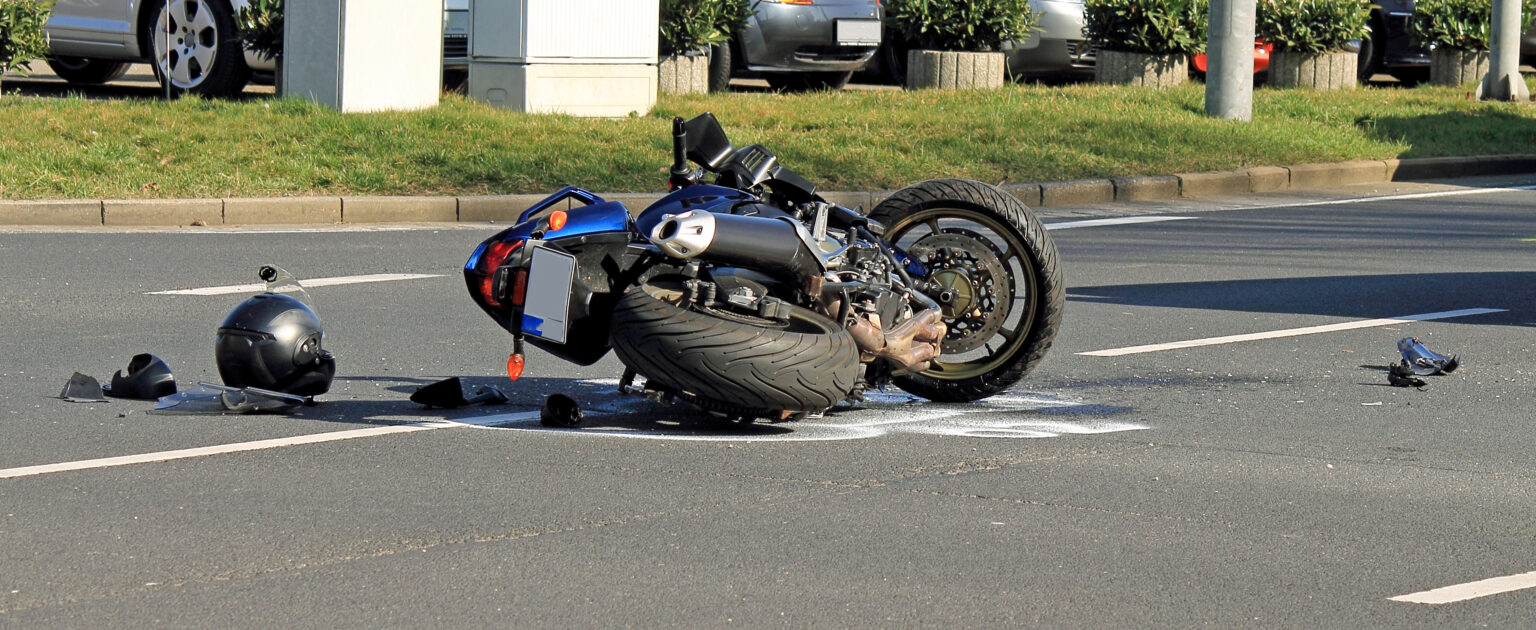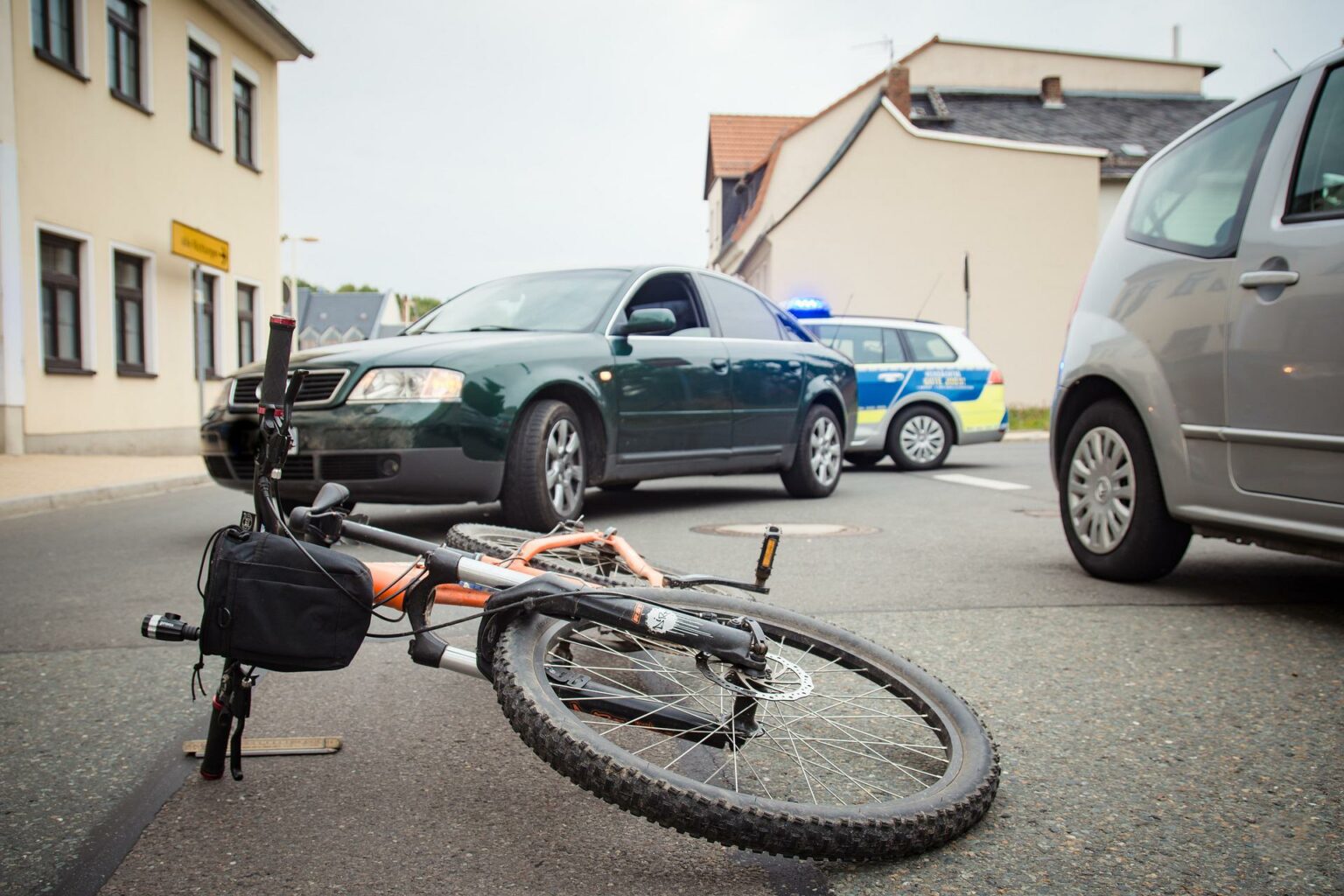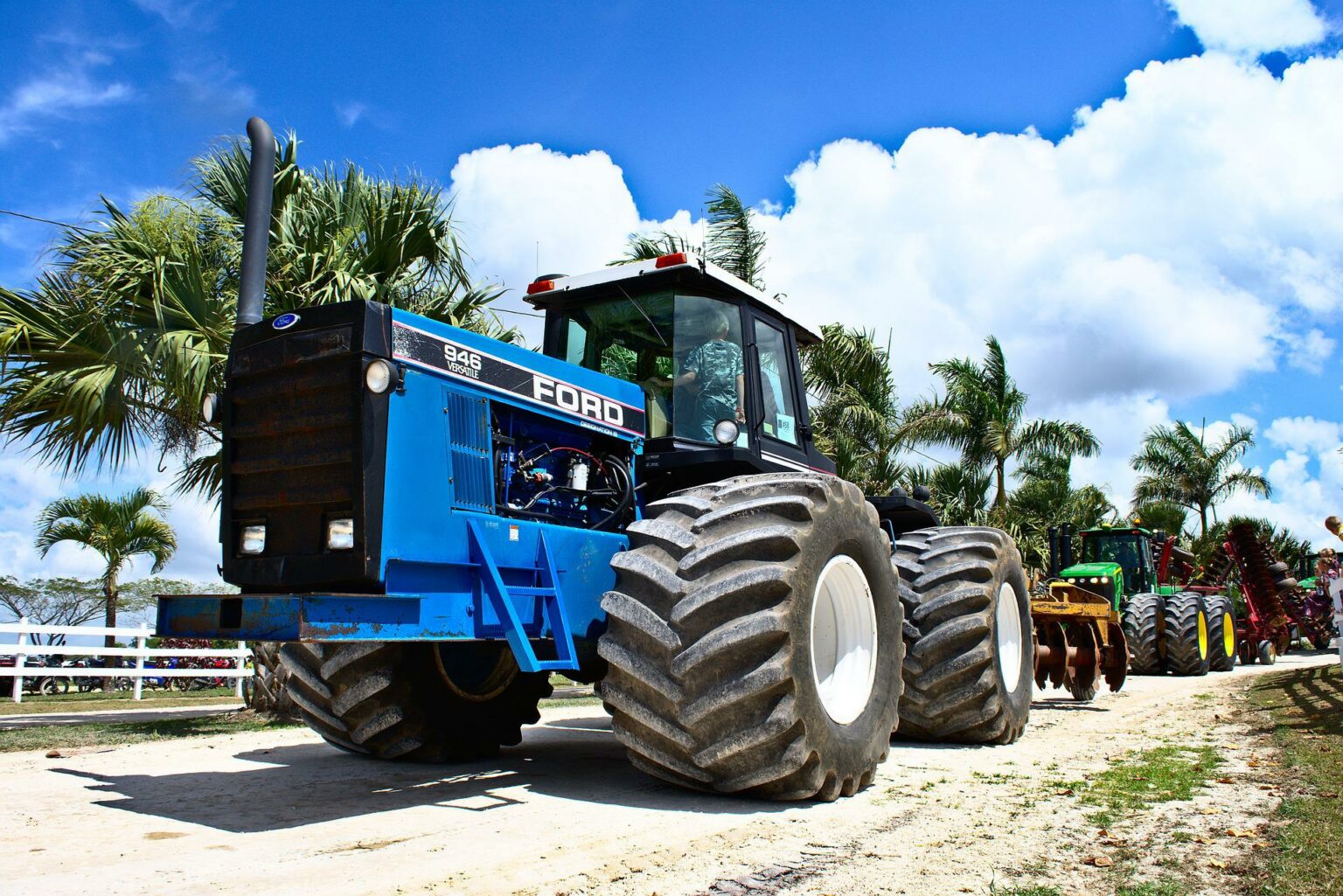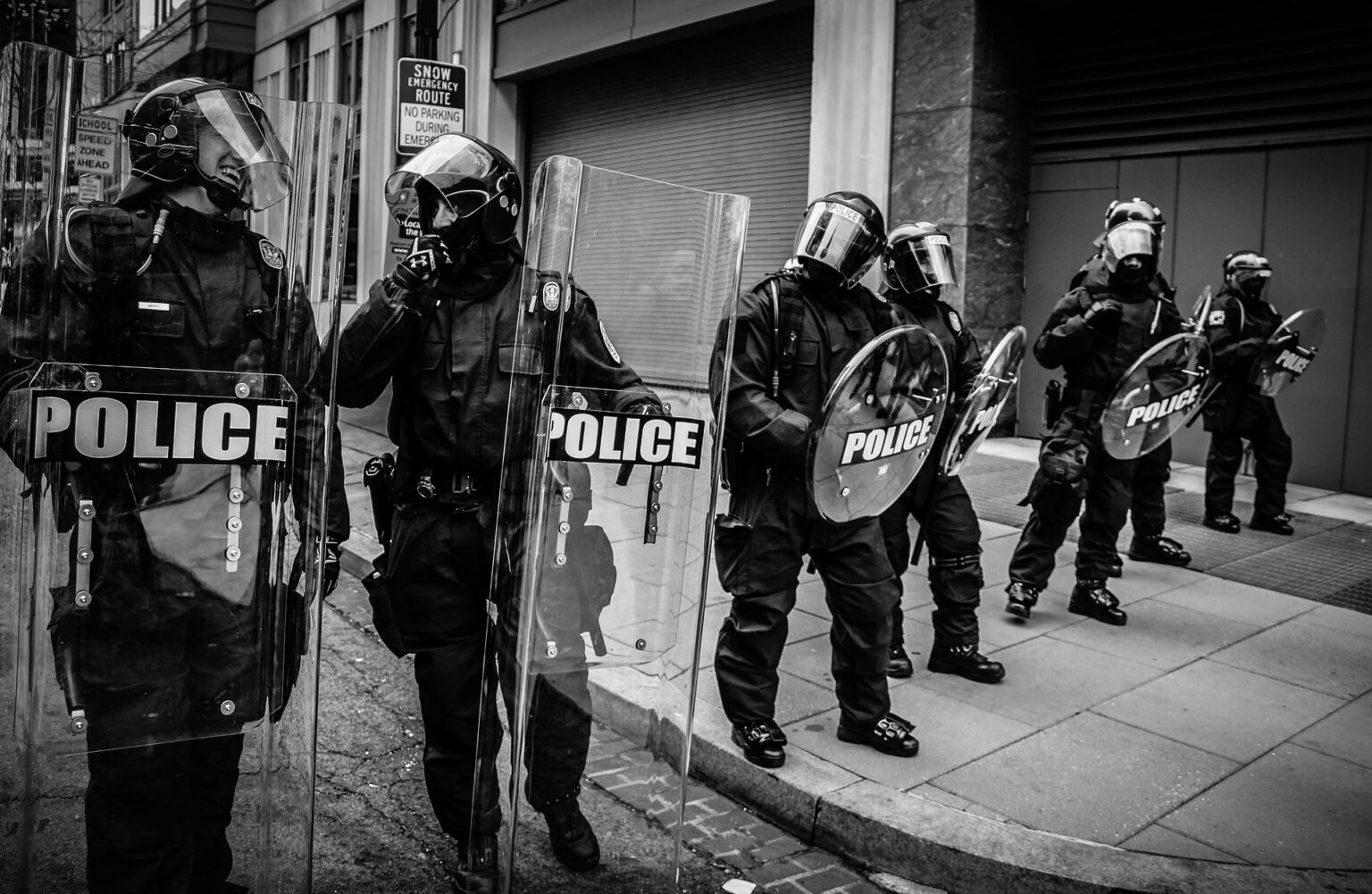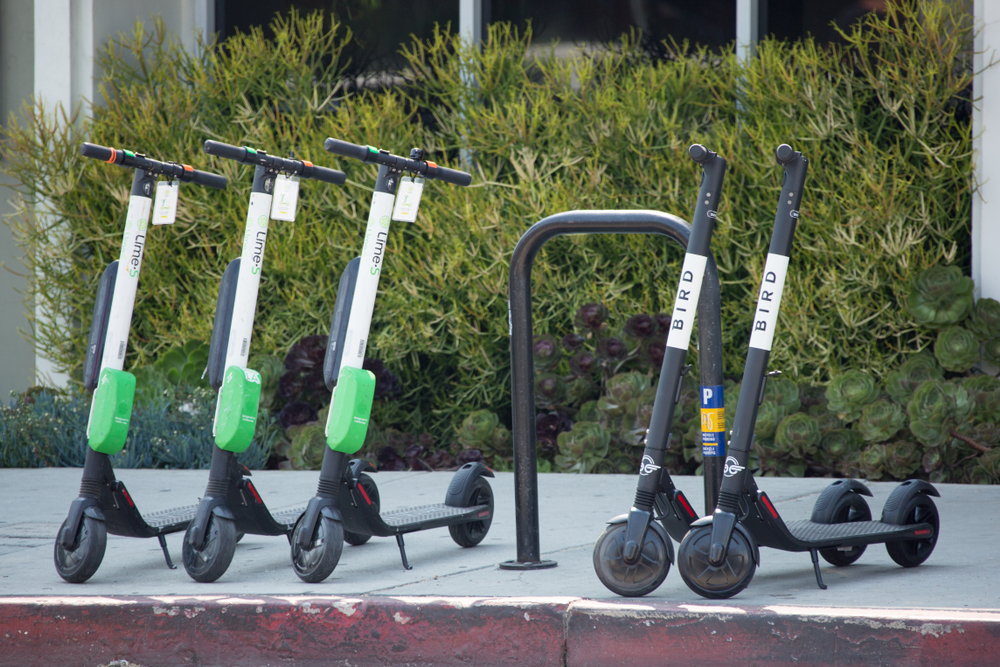Who is Liable for a Car Accident Caused by Bad Weather?
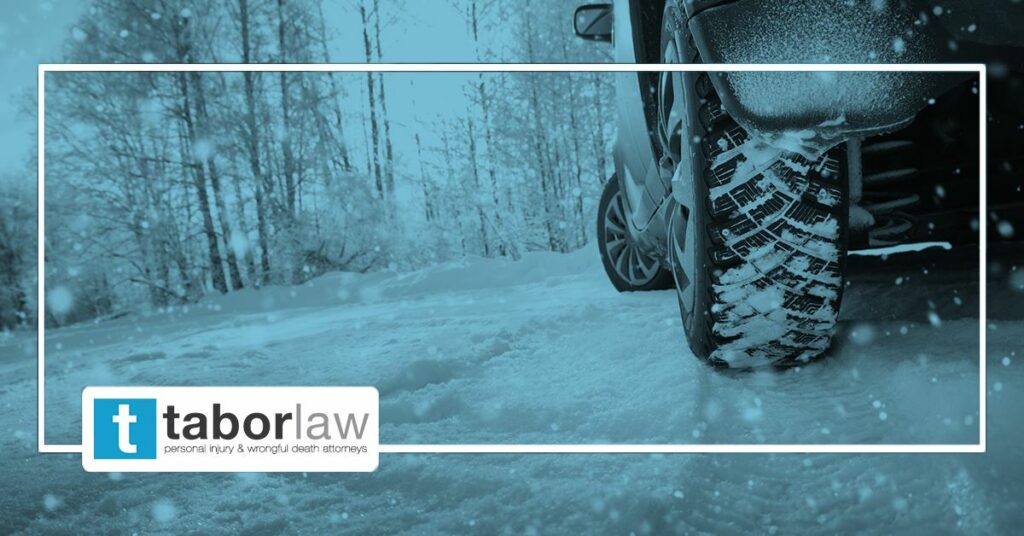
When driving through rough weather, like rain or snow, you need to exercise extreme care. The likelihood of losing control of your vehicle and getting into a serious car accident will be much higher than when the weather and roads are clear. Unfortunately, no matter how cautious you are when driving, you cannot make other motorists be careful, too.
If you get into a car accident that seems to be caused by bad weather, who is really at fault? Is the downpour of rain actually liable for the crash?
No, of course not. The other driver who hit you might insist that they aren’t at fault because the inclement weather made them lose control of their vehicle, but this is just a quick trick to try to escape liability.
Duty of Care Does Not Change with the Weather
Every driver always owes a duty of care to other motorists whenever they are driving on public roads. A change in the weather does not change this duty of care. What does change are the safe driving behaviors that each driver should exhibit in order to prevent an accident.
A few common safe driving habits are:
- Using windshield wipers while it is raining
- Attaching tire chains while it is snowing or icy
- Slowing down in any inclement weather
- Turning on headlights when it is foggy
With this in mind, liability for a car accident in bad weather could be potentially changed by what each driver did in response to the weather. If you were hit by someone who was not using their windshield wipers in the rain, for example, then the argument could be made that they were not exercising reasonable care given the road conditions and should be assigned most or all of the liability.
Evidence to Prove Unsafe Driving in Bad Weather
Tangible evidence is always useful in a car accident claim. But in a car accident claim that involves inclement weather, the importance of convincing evidence is heightened because the defendant is all the more likely to try to blame you by saying that you were the one who was being reckless on the wet or icy road.
Eyewitnesses will often have a difficult time accurately reporting what they saw because the rain, snow, or wind that contributed to your crash will probably obscure their vision and hearing. Oftentimes, a good quality dashcam provides the clearest evidence of liability in a bad weather car accident. If you don’t have one, then you can still try to use reports from first responders, like the police officers, firefighters, and EMTs who showed up to help after your crash. The police often jot down who they think caused the crash based on what they witnessed and were told, so obtaining that report could be crucial.
“Act of God” Defense
In extremely rare circumstances, a driver can blame the weather for a crash – and succeed at defending themselves from liability. This defense is known as the “Act of God” defense, which argues that an extraordinary and uncontrollable force of nature – or otherwise – caused the crash and in such a way that it could not be prevented by the defendant’s actions. The “Act of God” defense could be used during a flash flood that pushes one car into another, for example.
Talk to a Lawyer After a Bad Weather Crash
Dealing with a stubborn driver and an even more stubborn insurance company after a bad weather crash is not something you should do alone. Team up with an Indianapolis car accident attorney to do what you can to prevent the defendant from blaming a raincloud for your crash. If you live in Indianapolis, then call (317) 236-9000 after a car accident in bad weather to speak with Tabor Law Firm. Initial consultations with our legal team are always free for inquiring clients!
Categories:
Related Blog
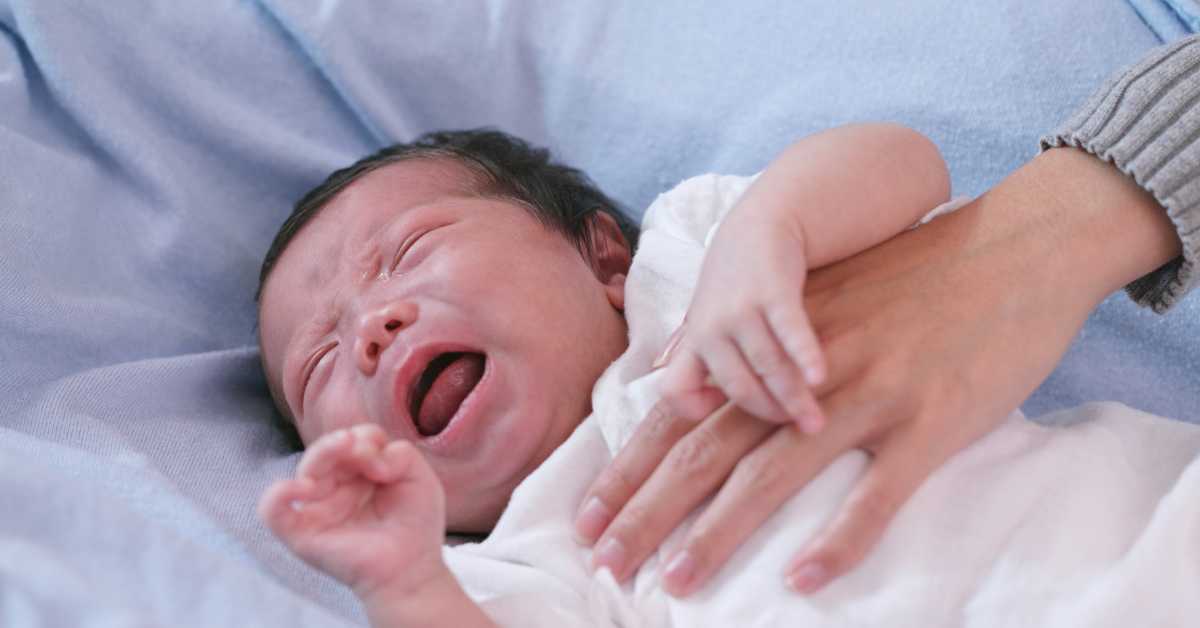
How Can Birth Injuries Be Prevented and What Are My Rights If My Child Is Injured?

Roy T. Tabor of Tabor Law Firm Recognized in The Best Lawyers in America 2025 Edition

Pedestrian Safety in Downtown Indianapolis Has Become a Hot Topic. What Can You Do to Protect Yourself?
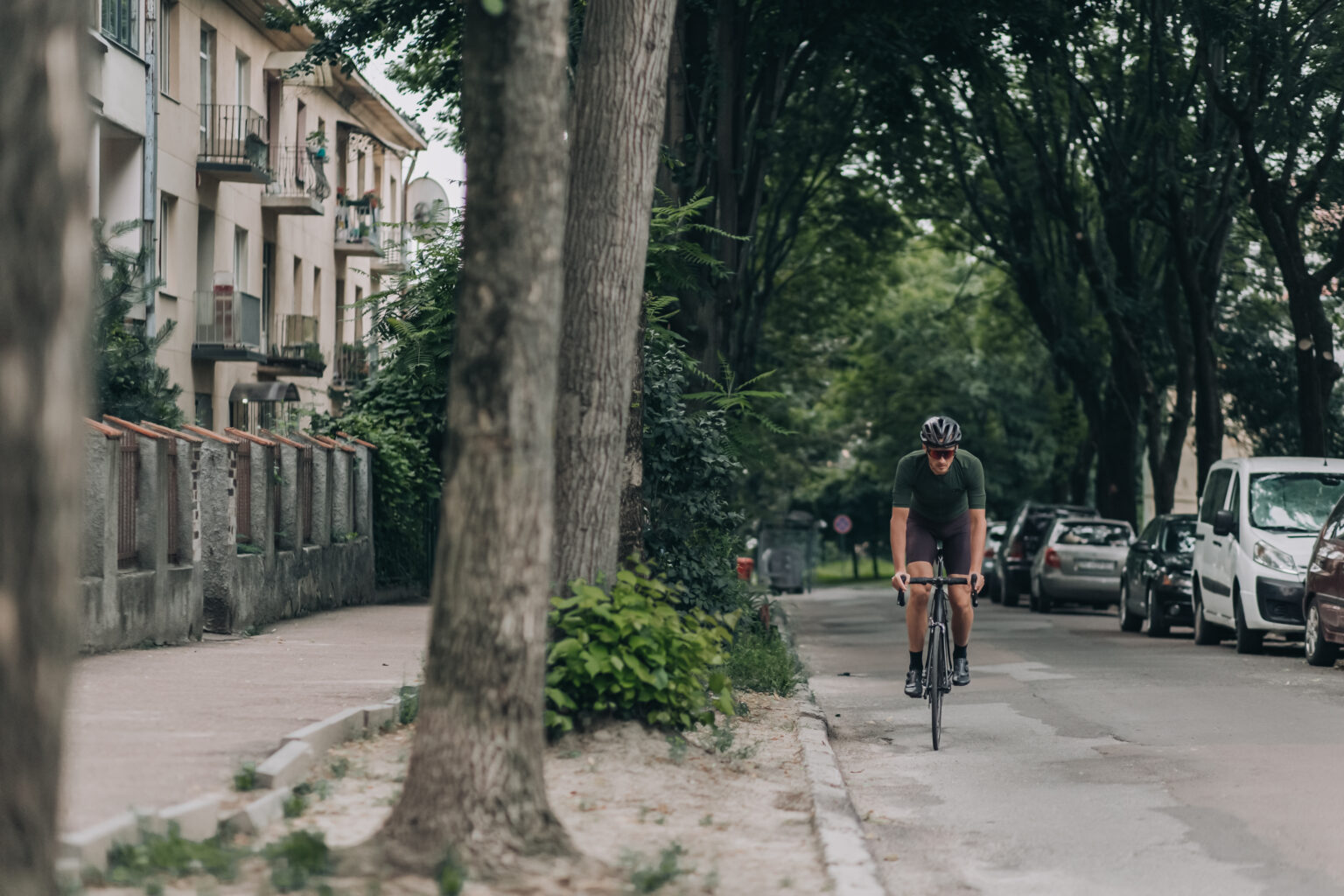
Bicycle Accidents are on the Rise in Indiana. What Can You Do to Prevent a Bicycle Accident?
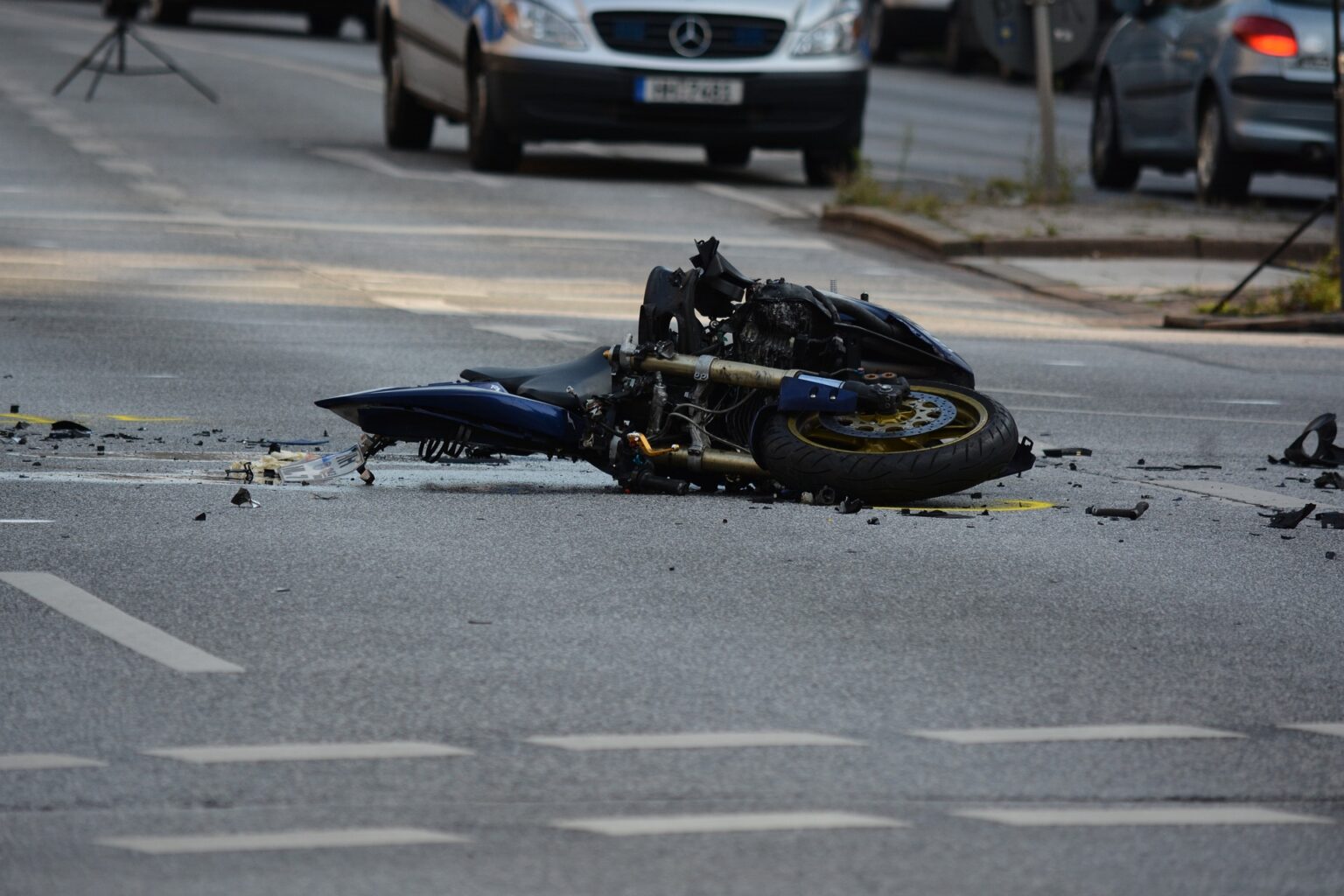
Understanding the Causes of Motorcycle Accidents in Indianapolis: An Analysis of Recent Data
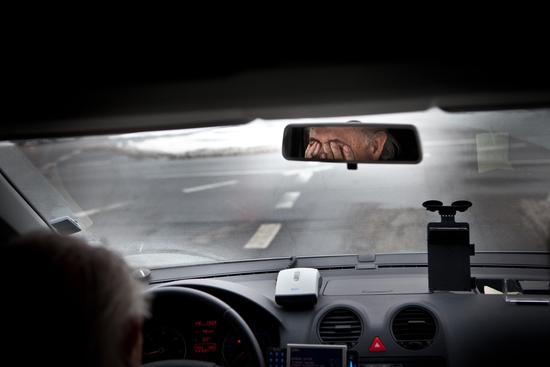
Indianapolis Drunk Driving Accidents and How to Handle them with a Personal Injury Attorney
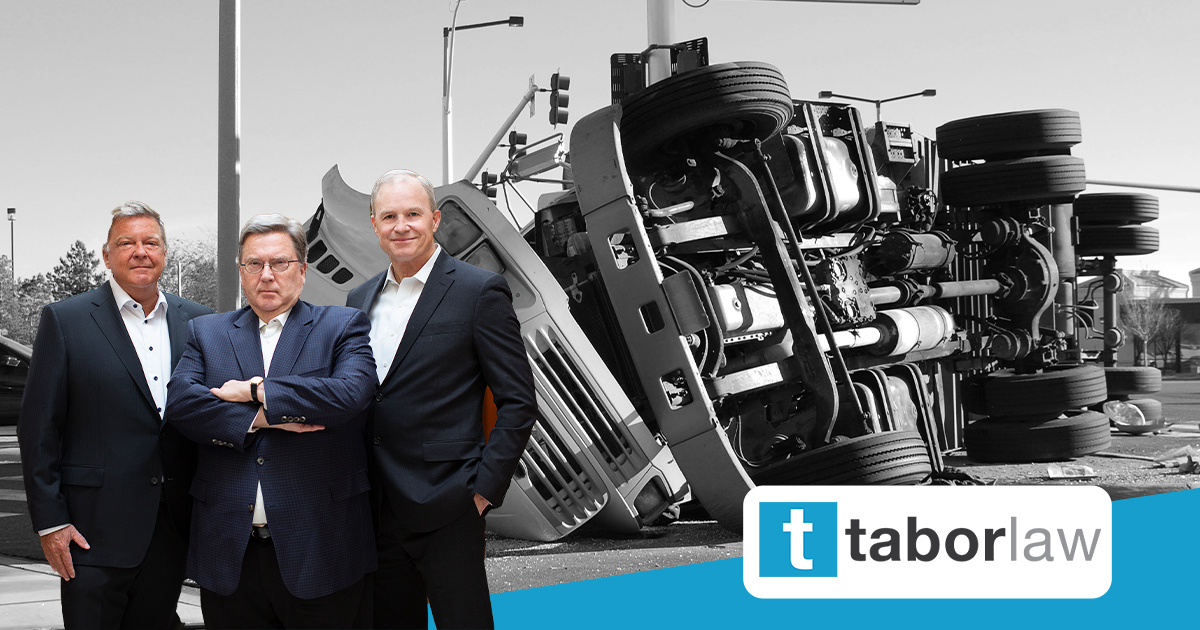
Two Mothers & Two 12-year-old Daughters Killed in Crash While Headed to Volleyball Tournament
